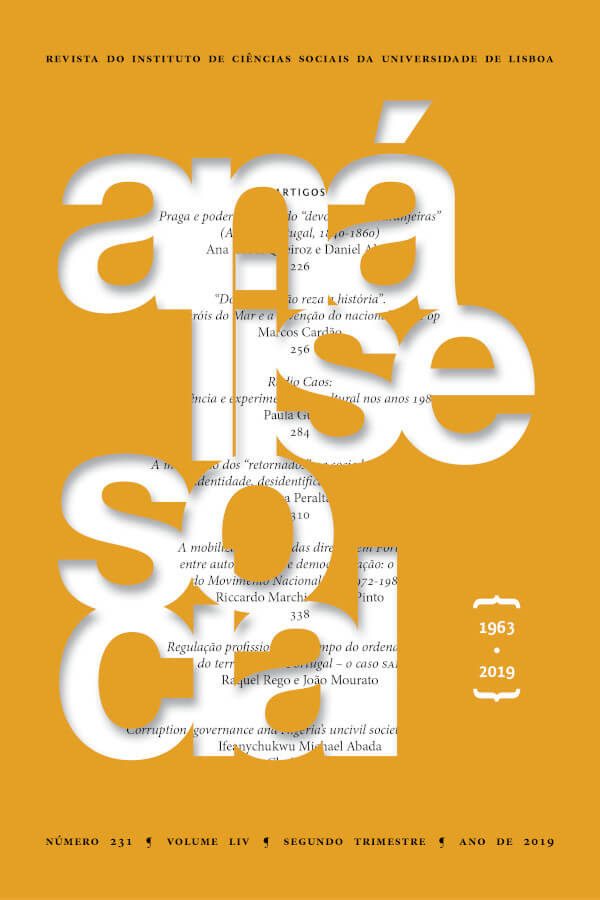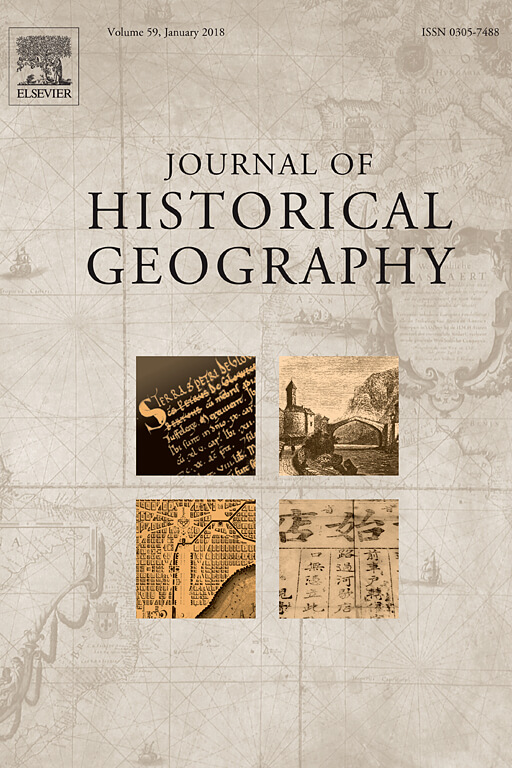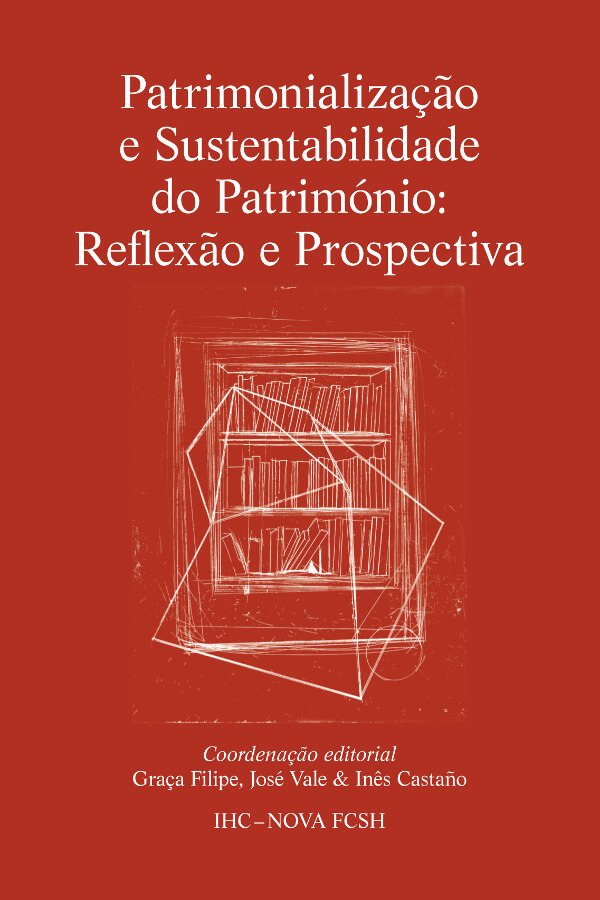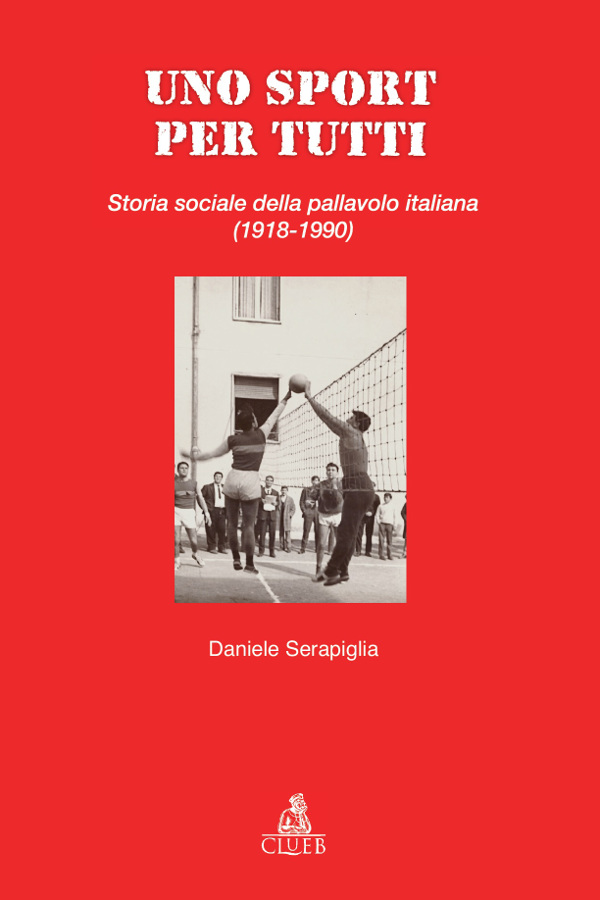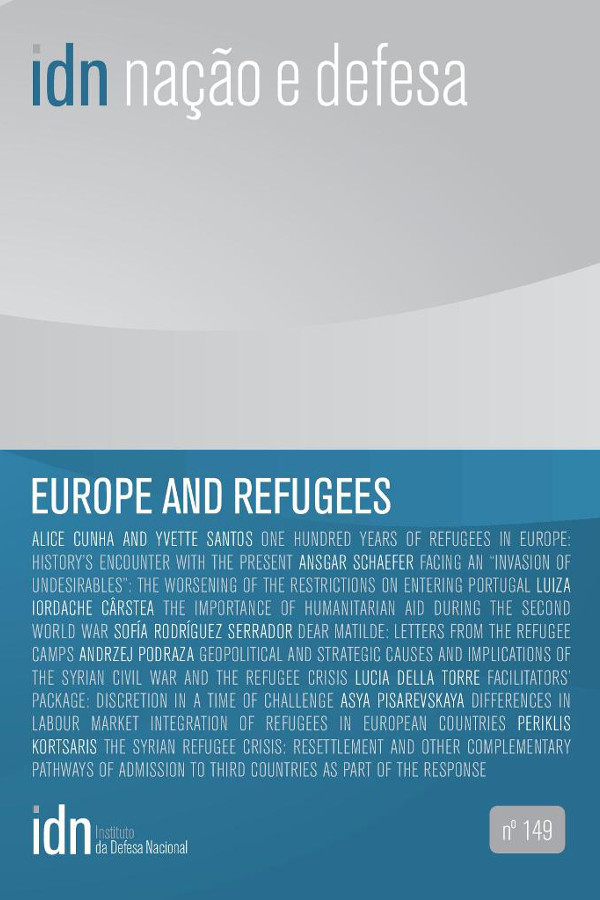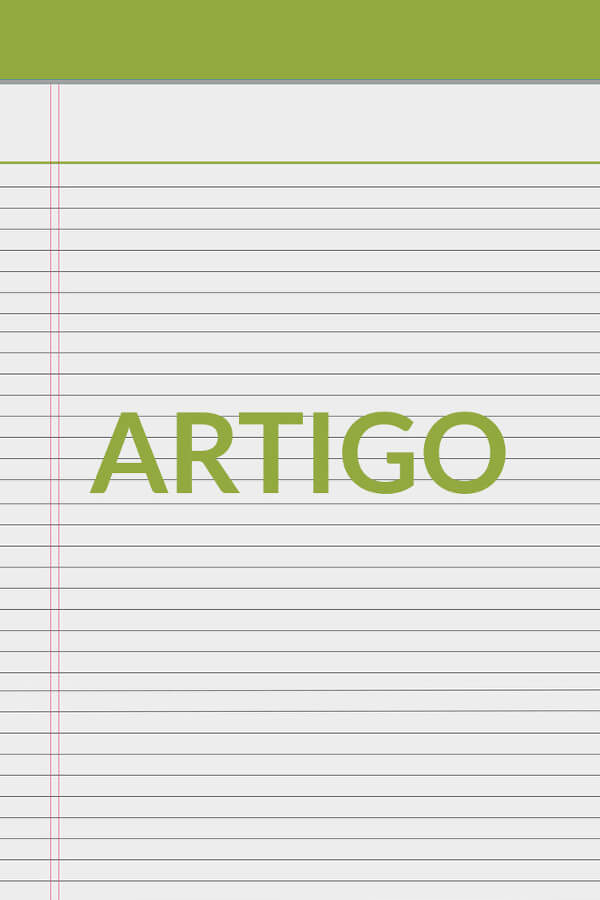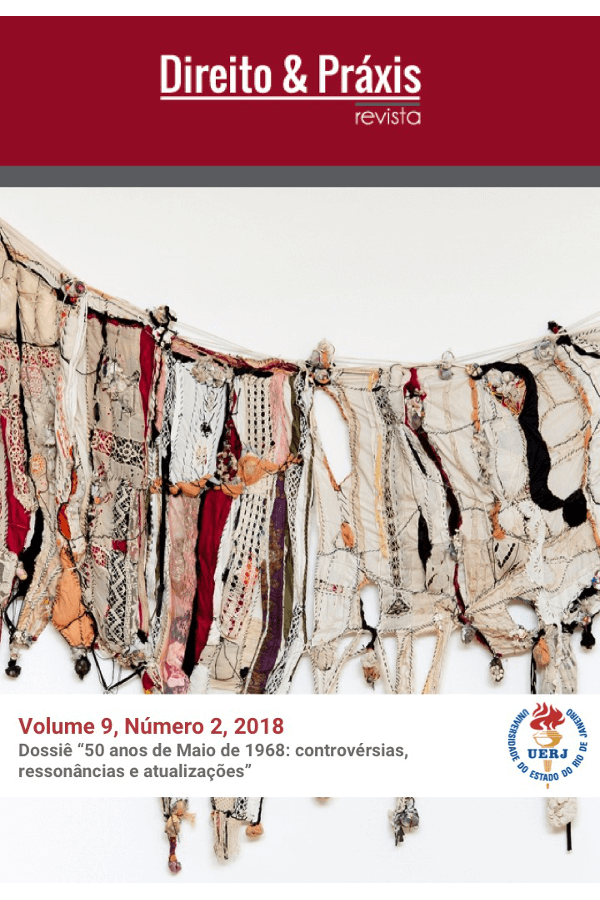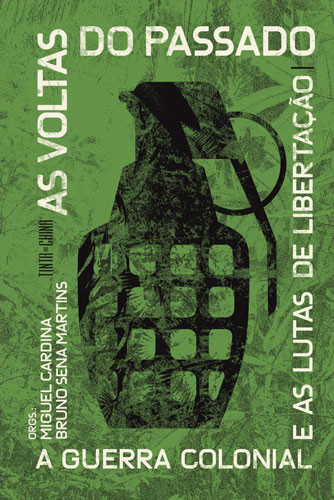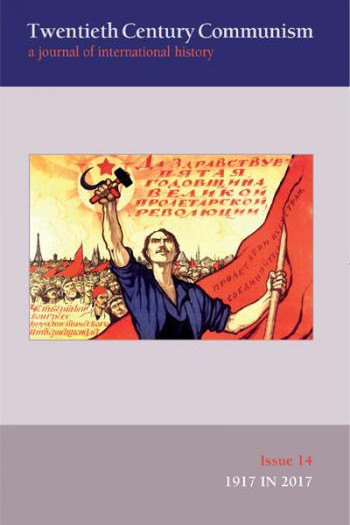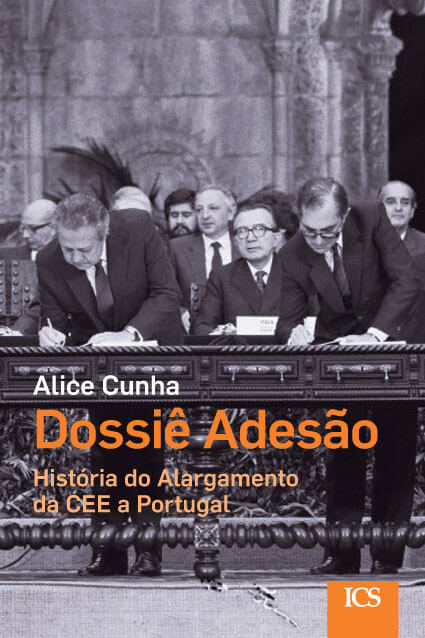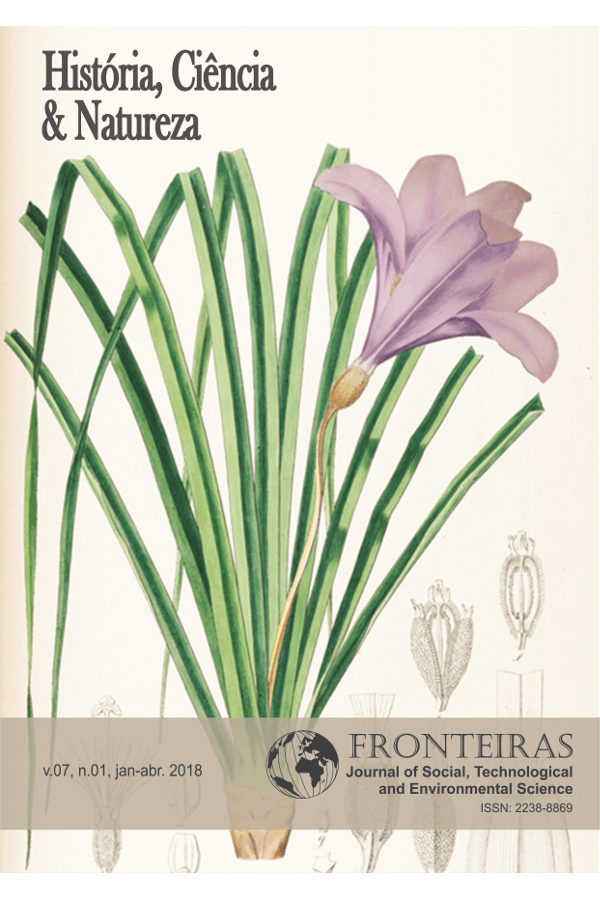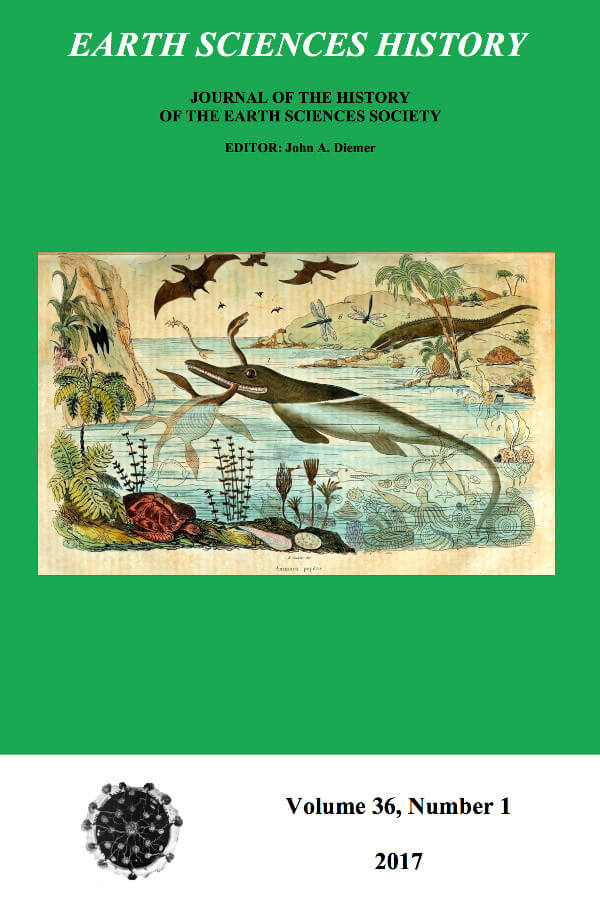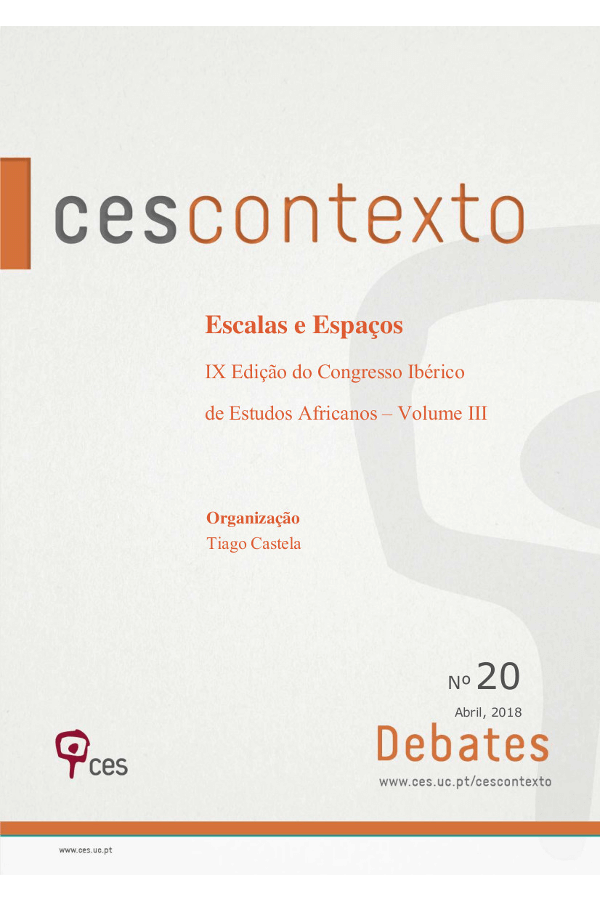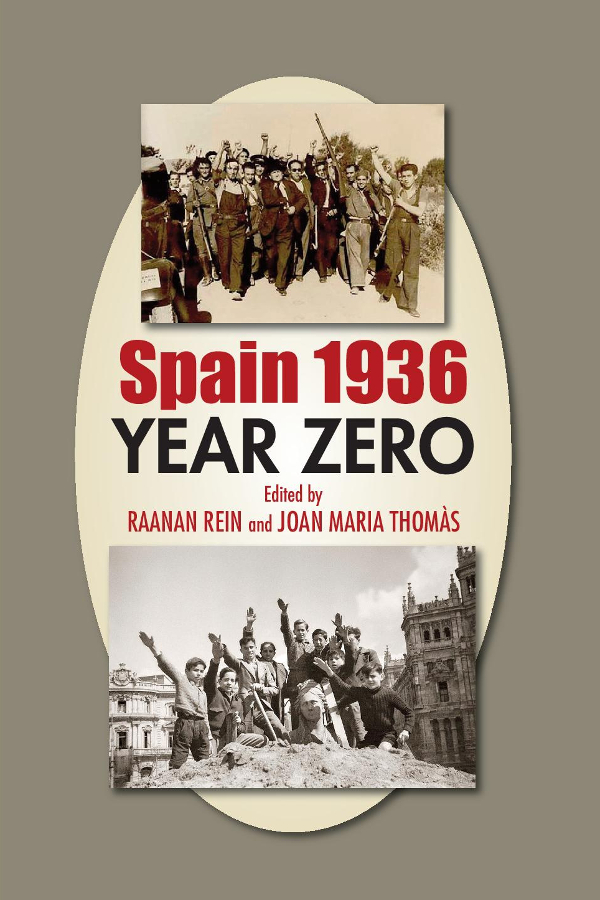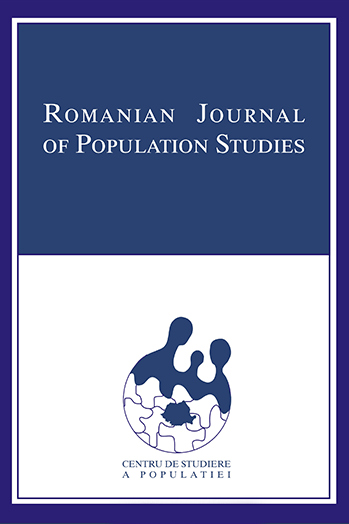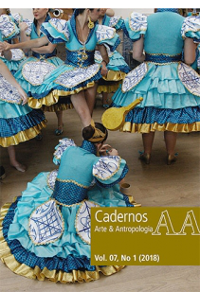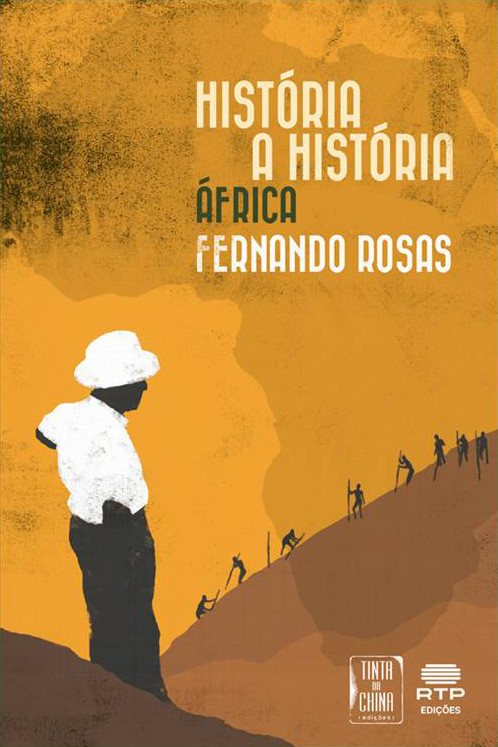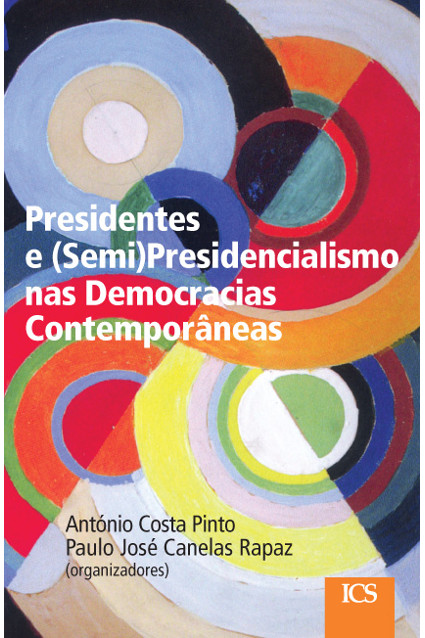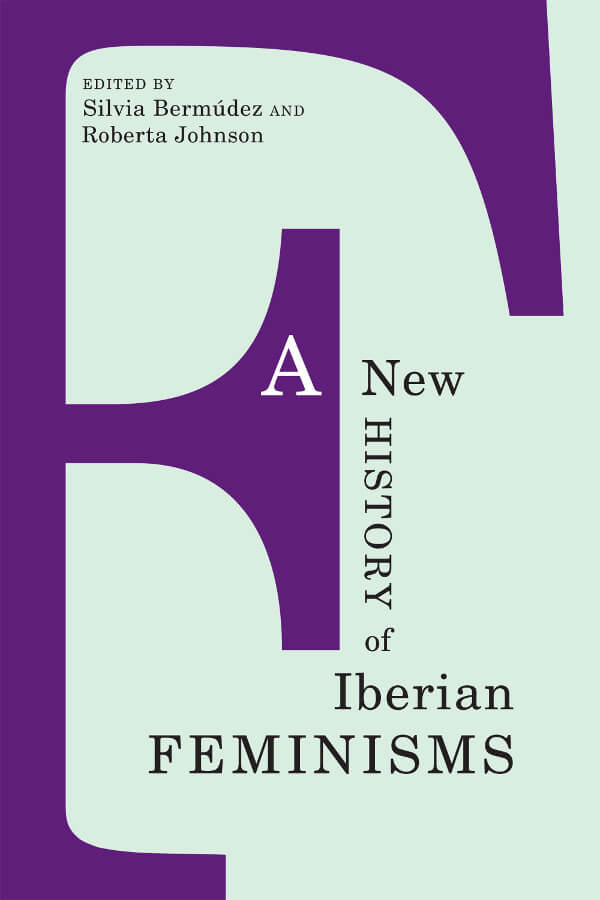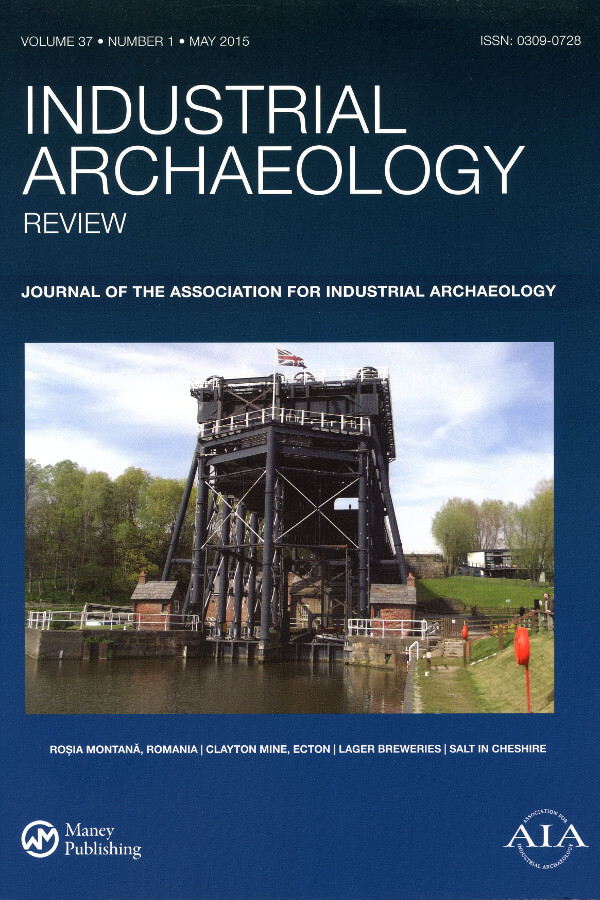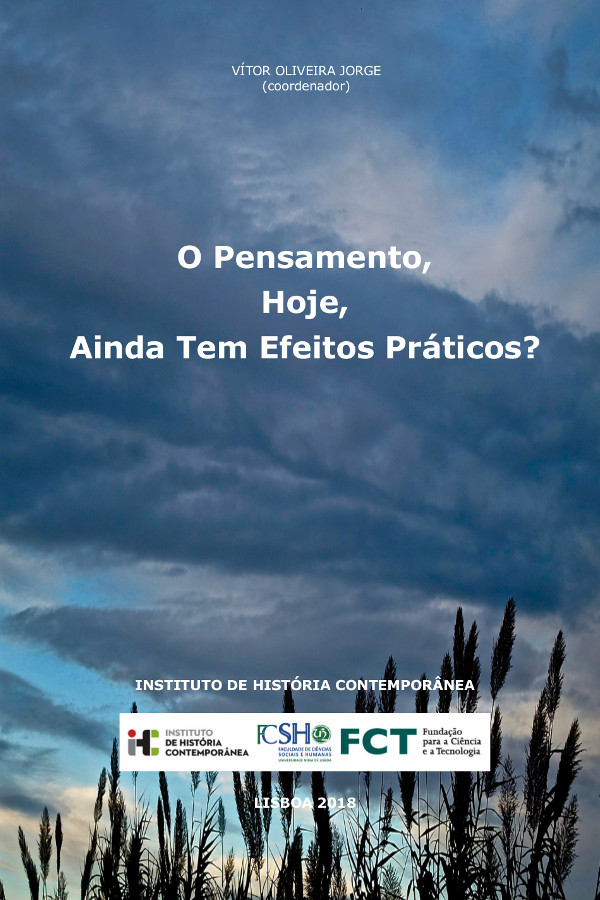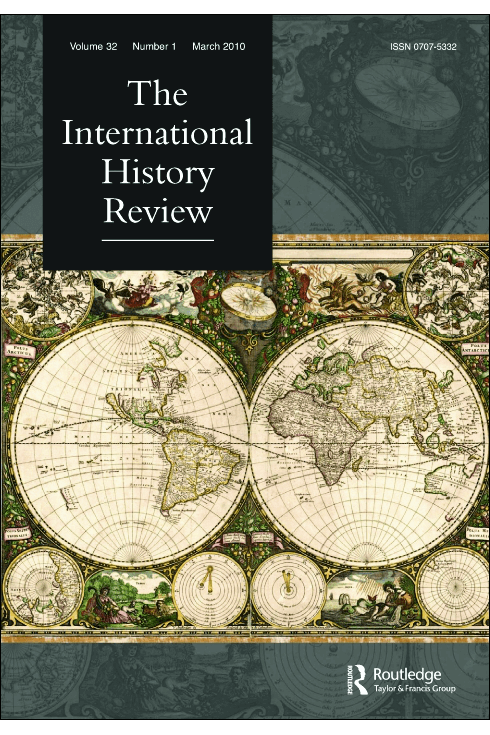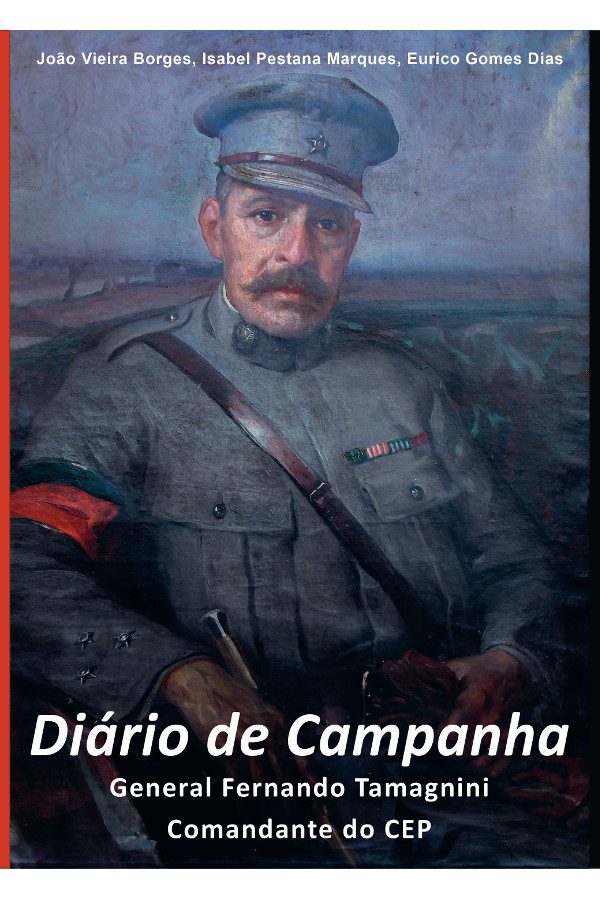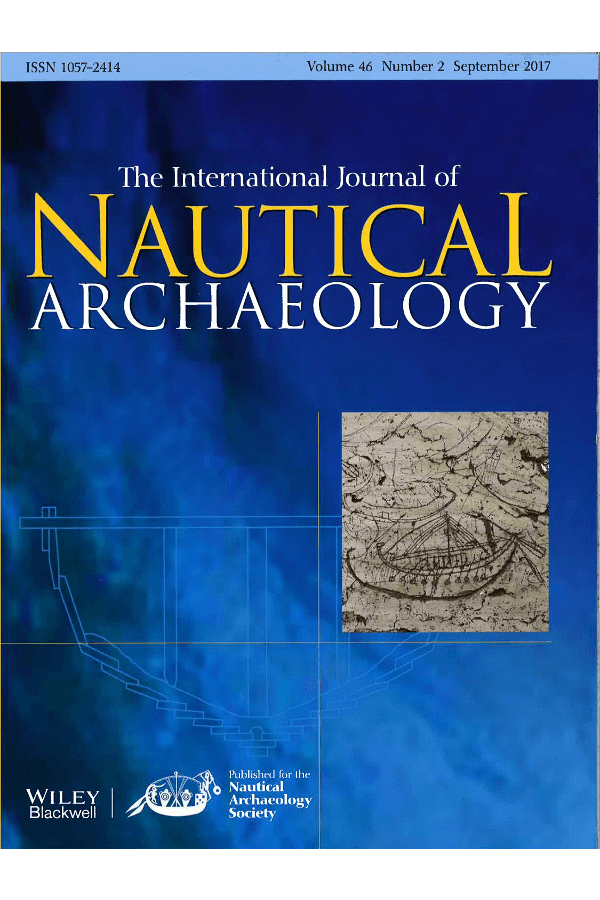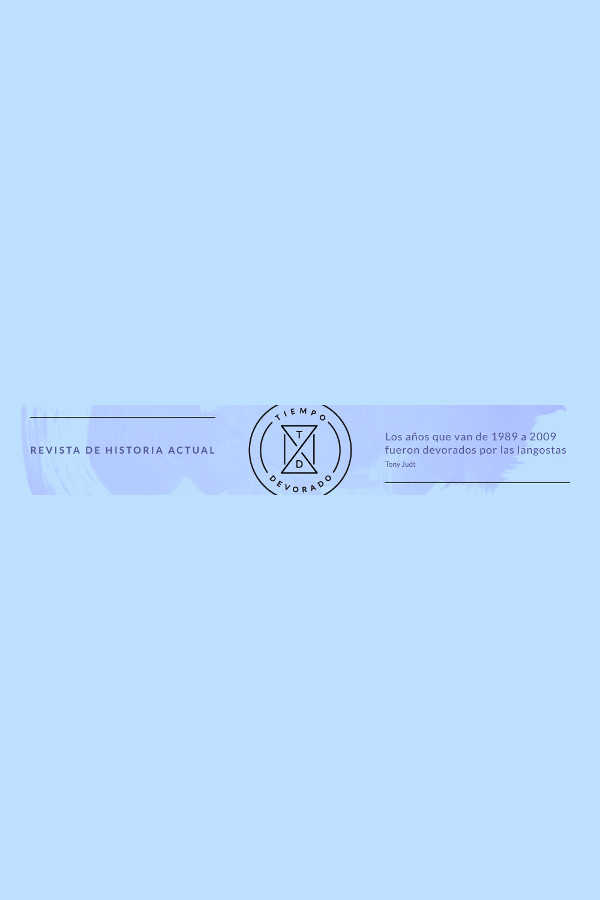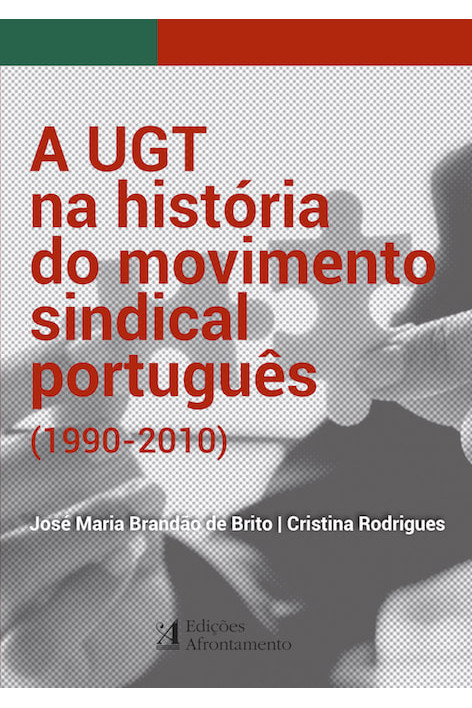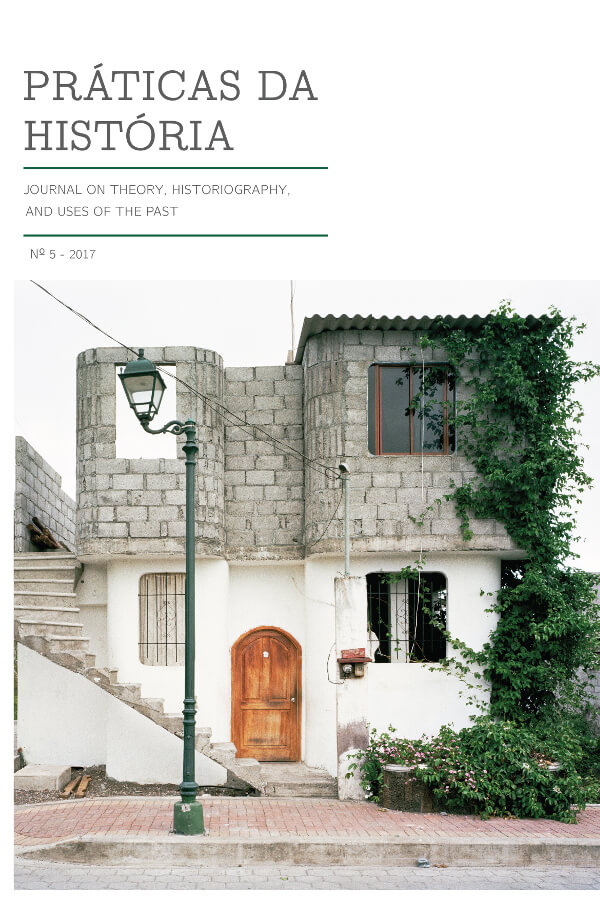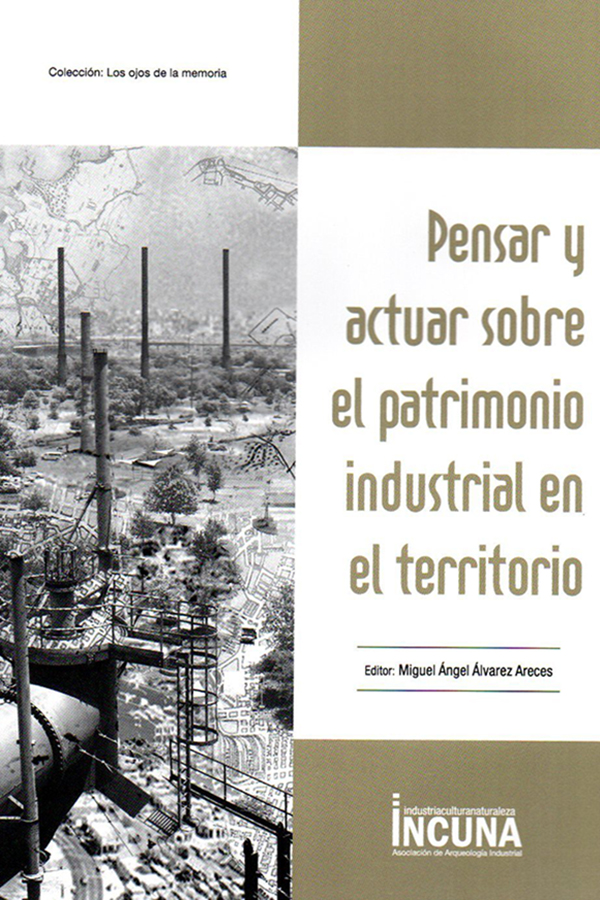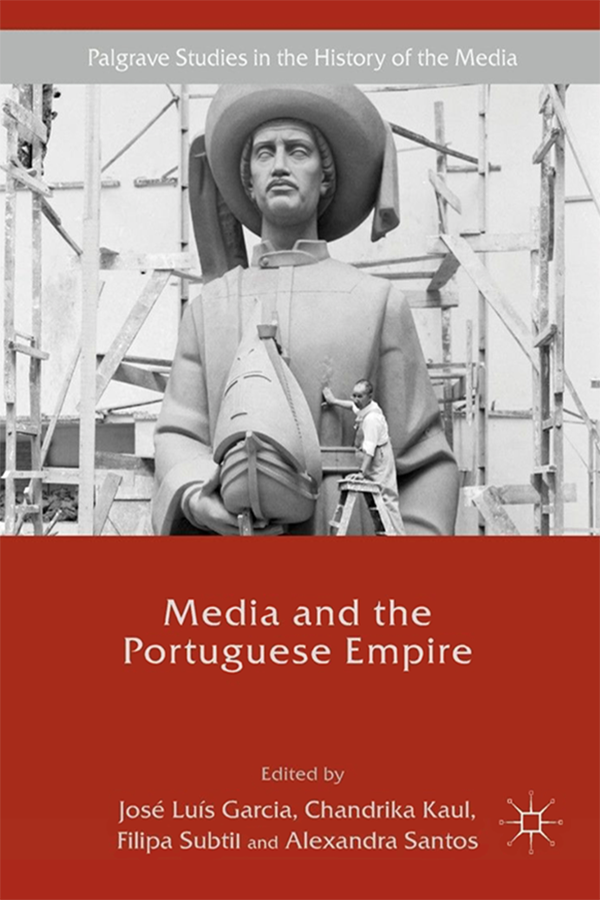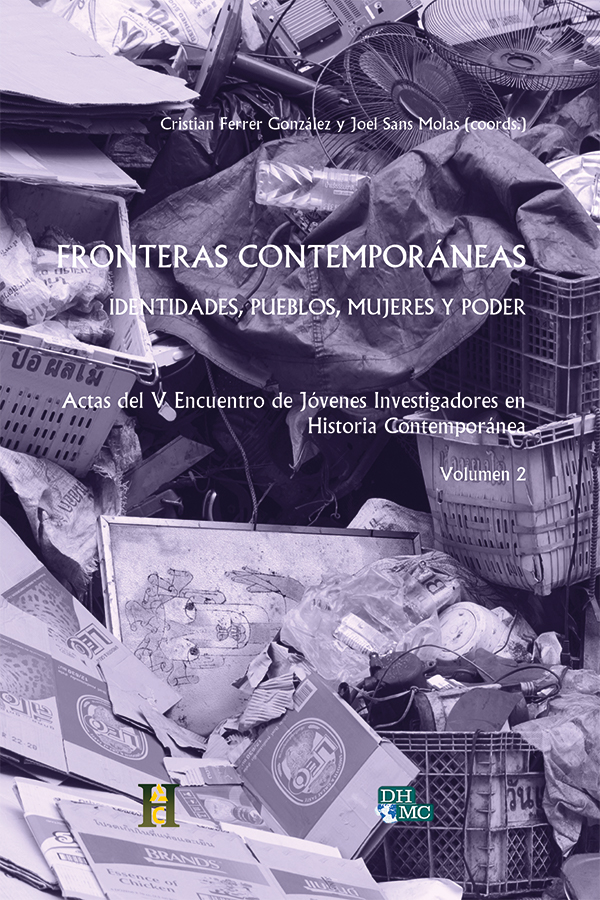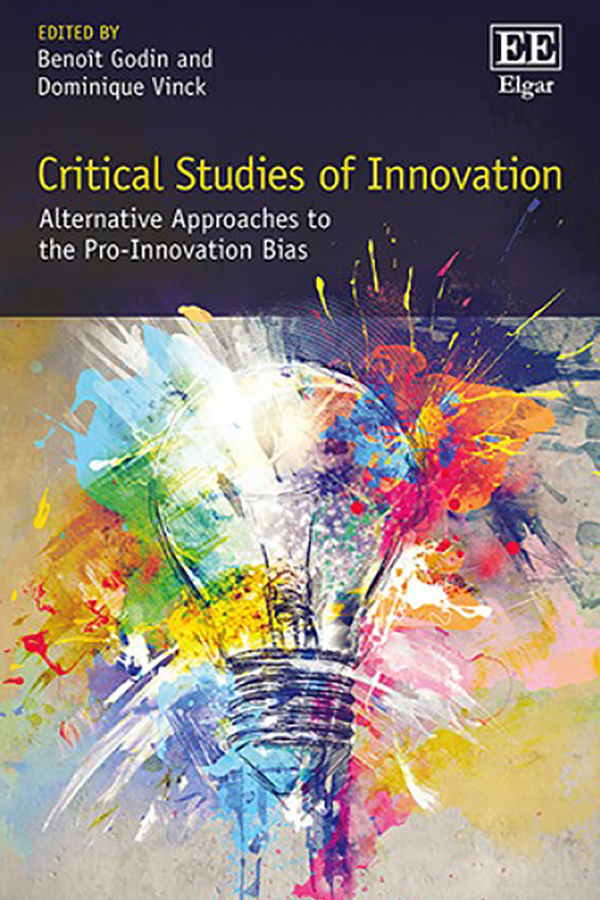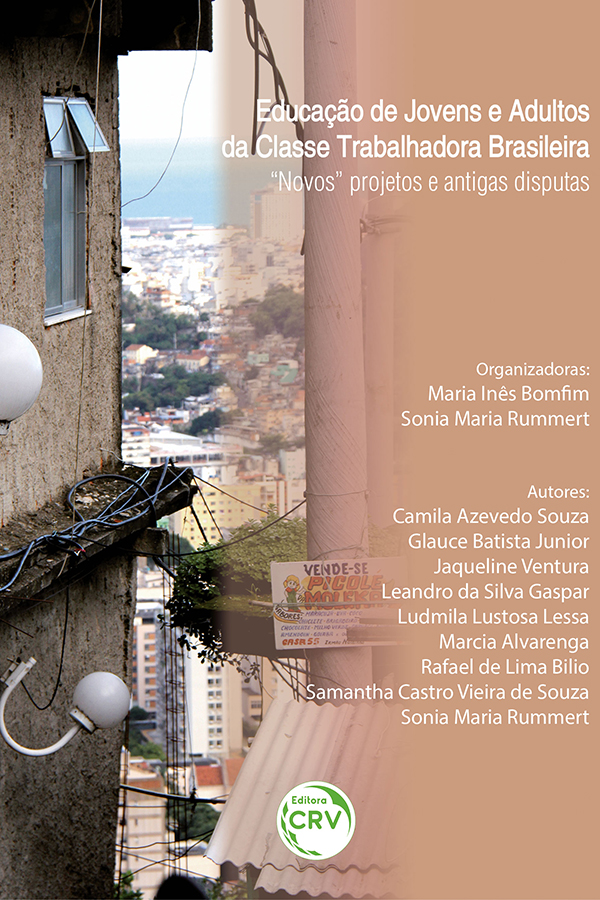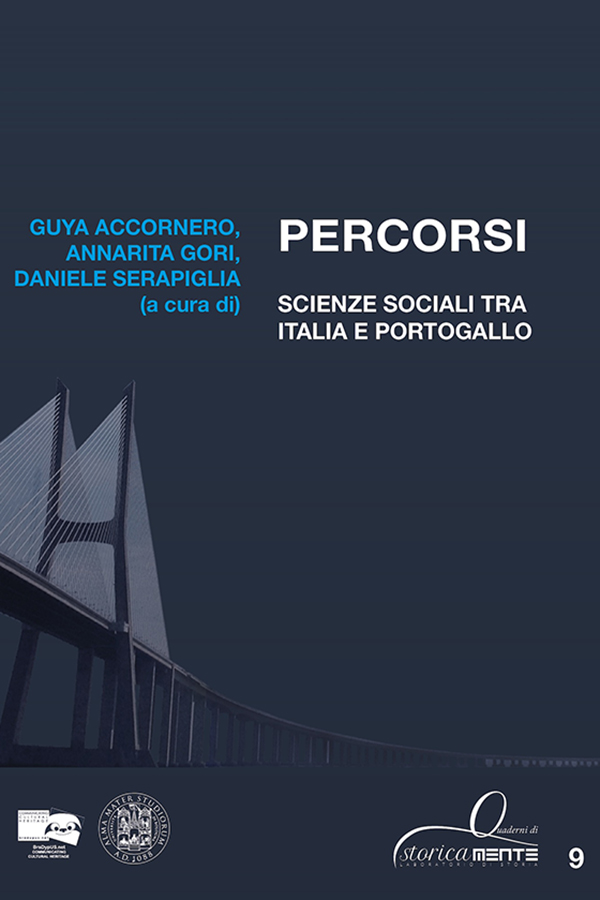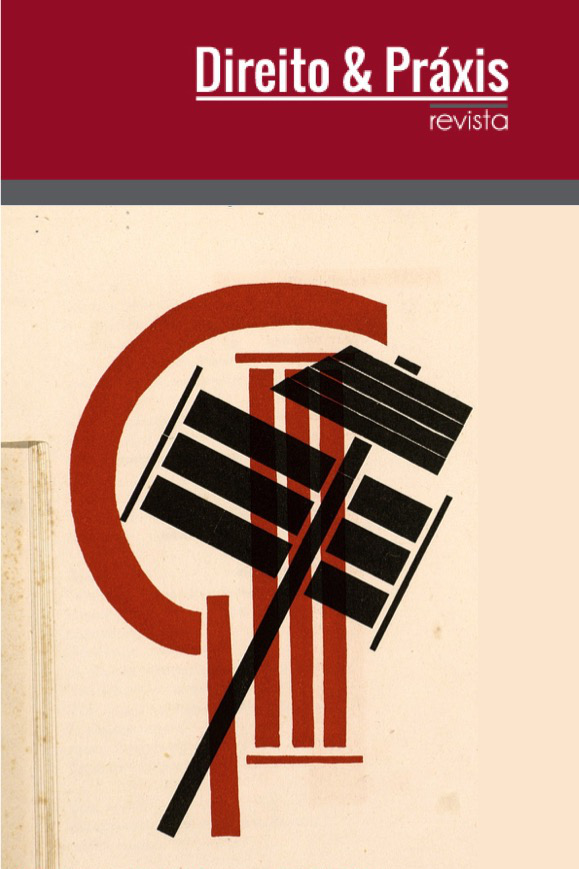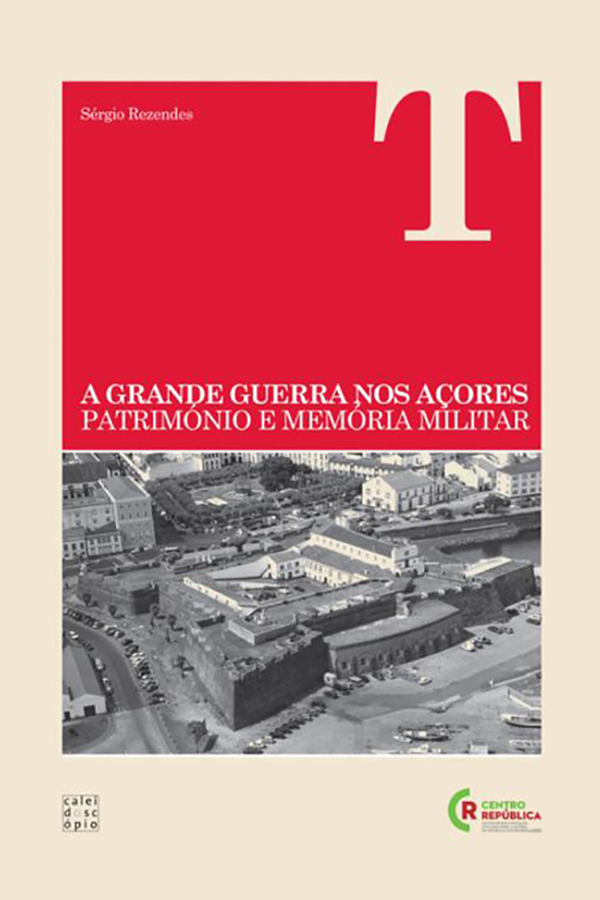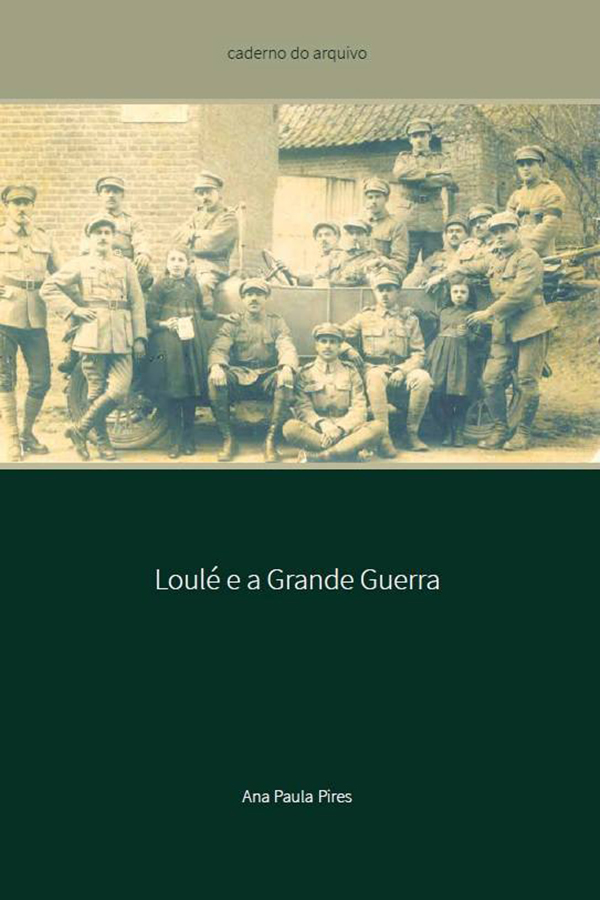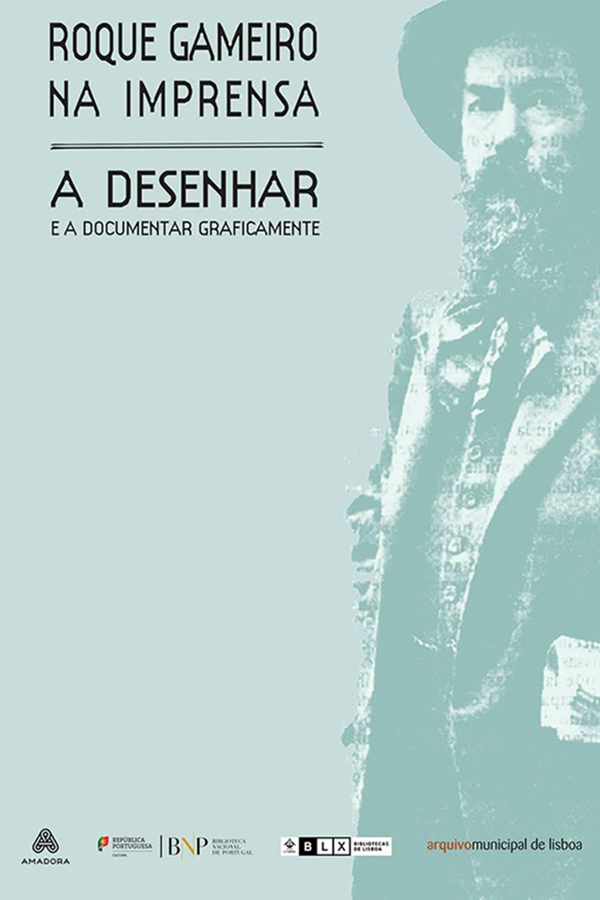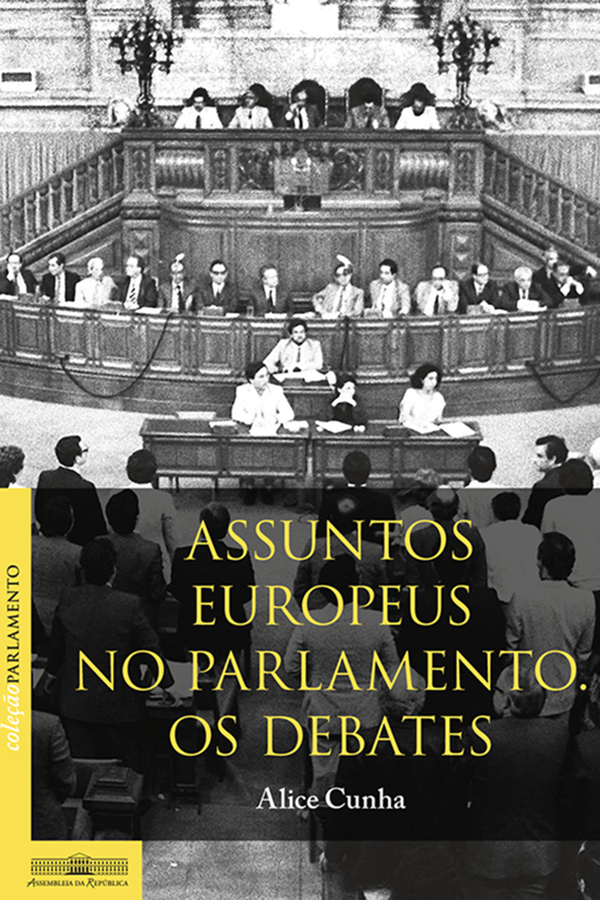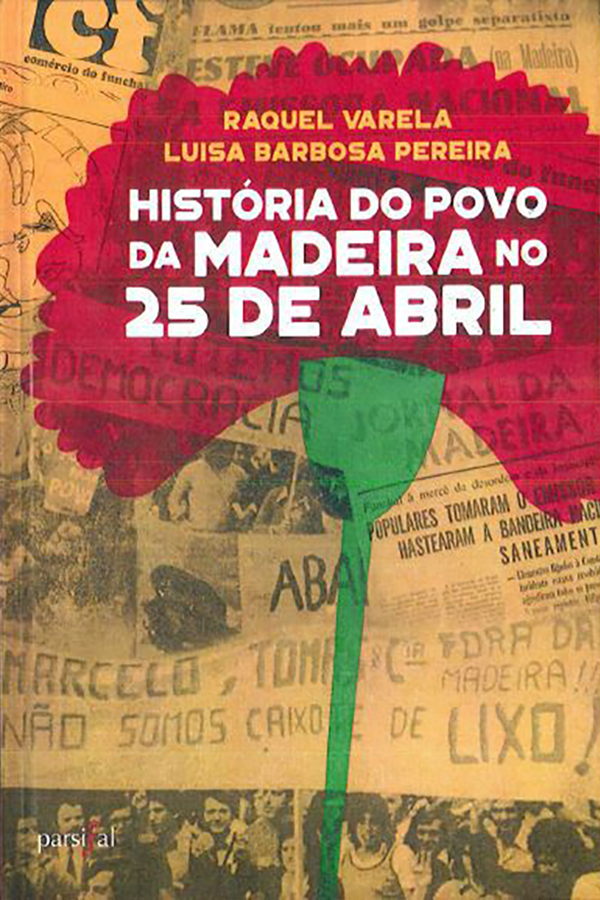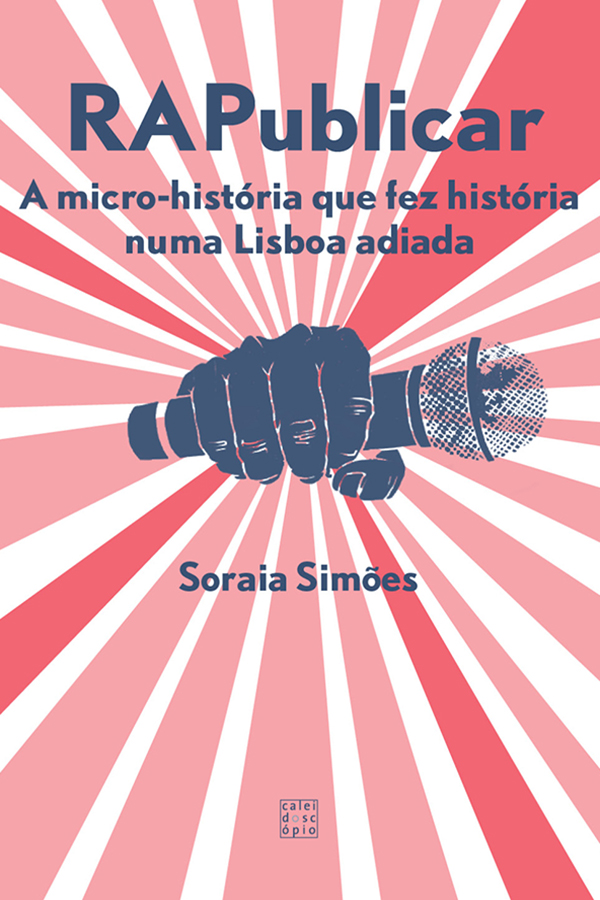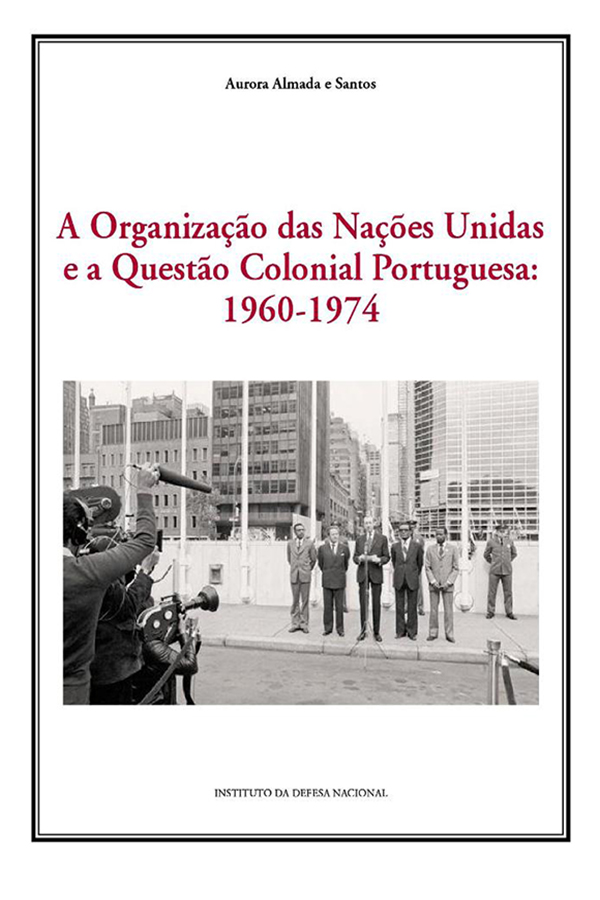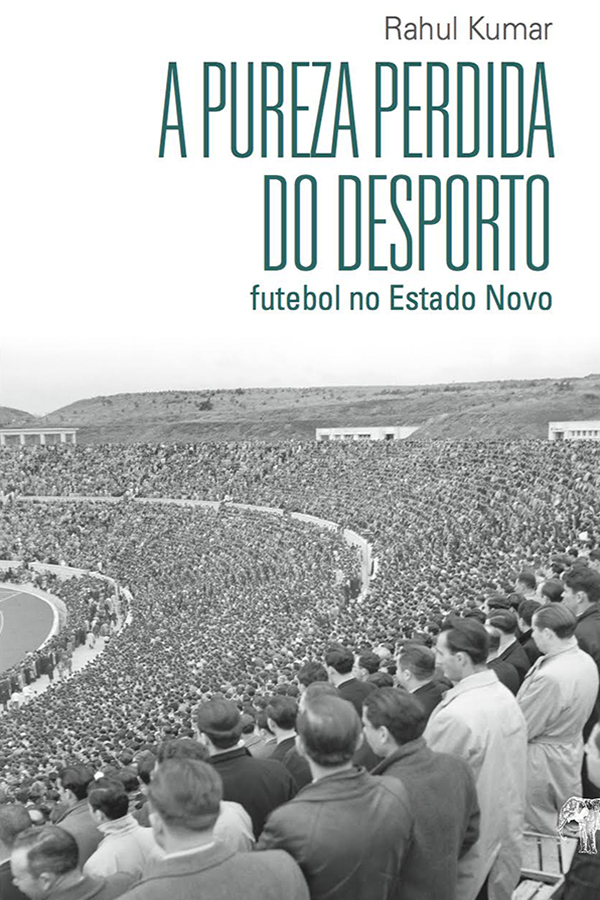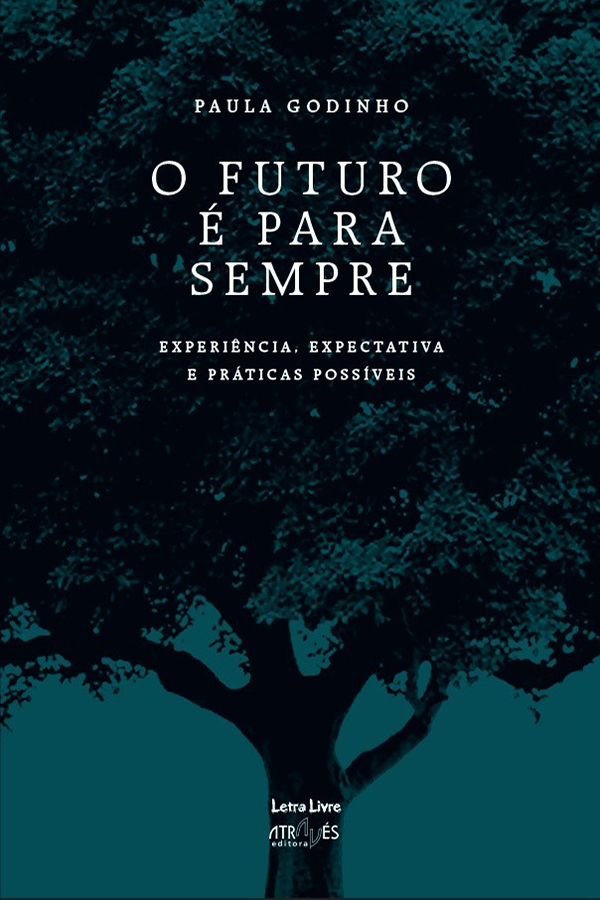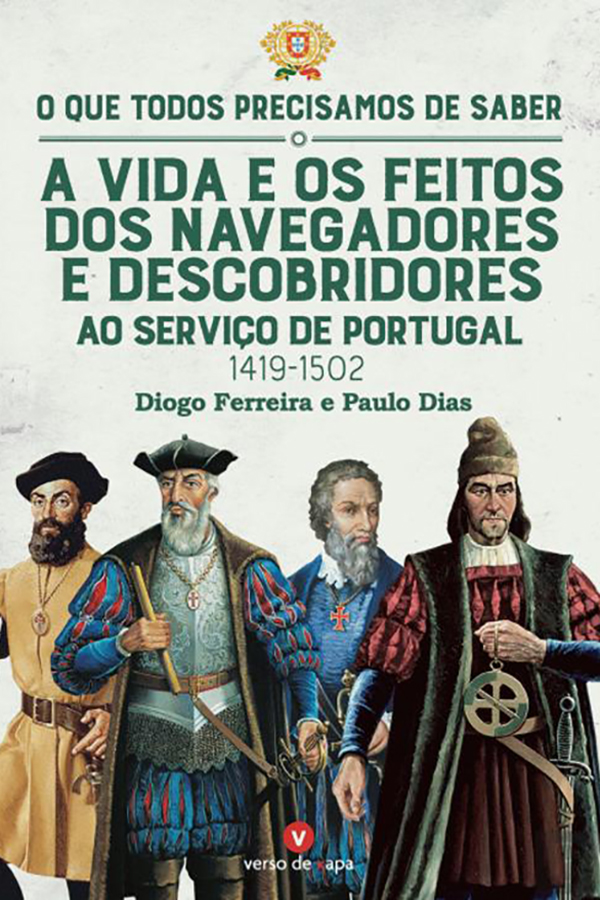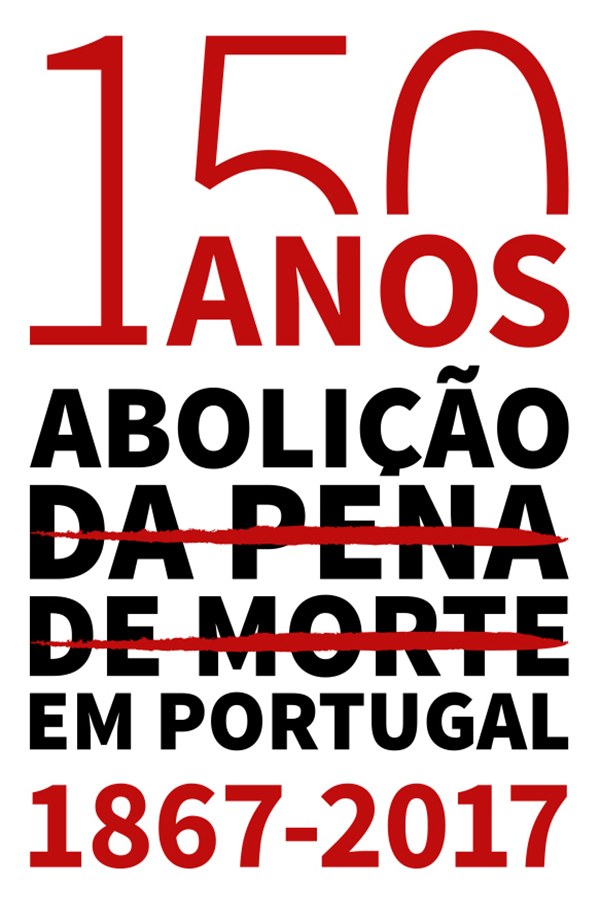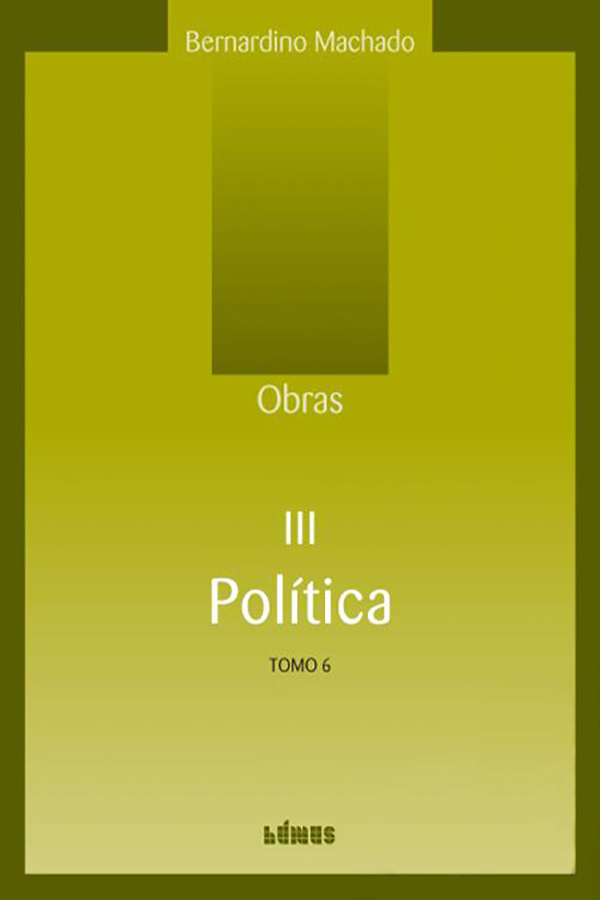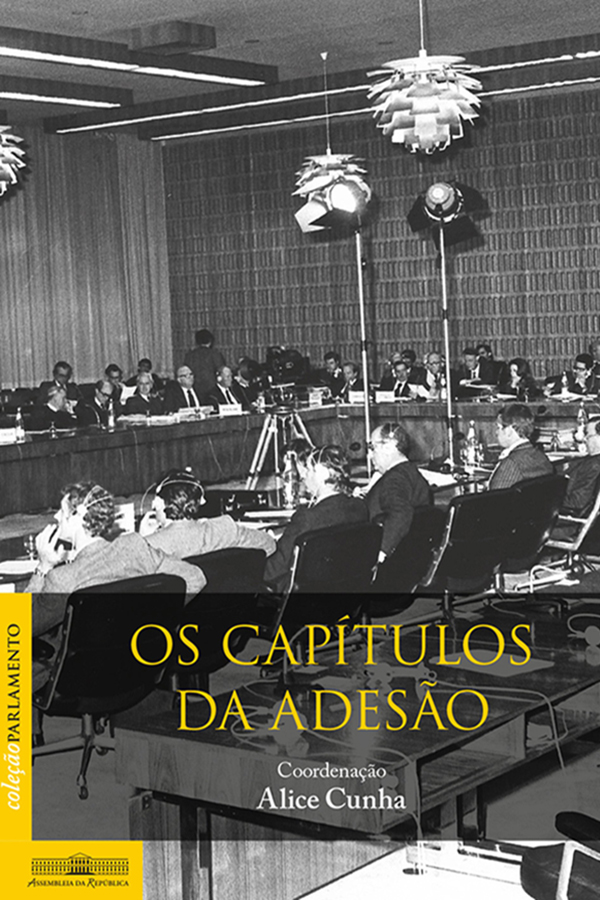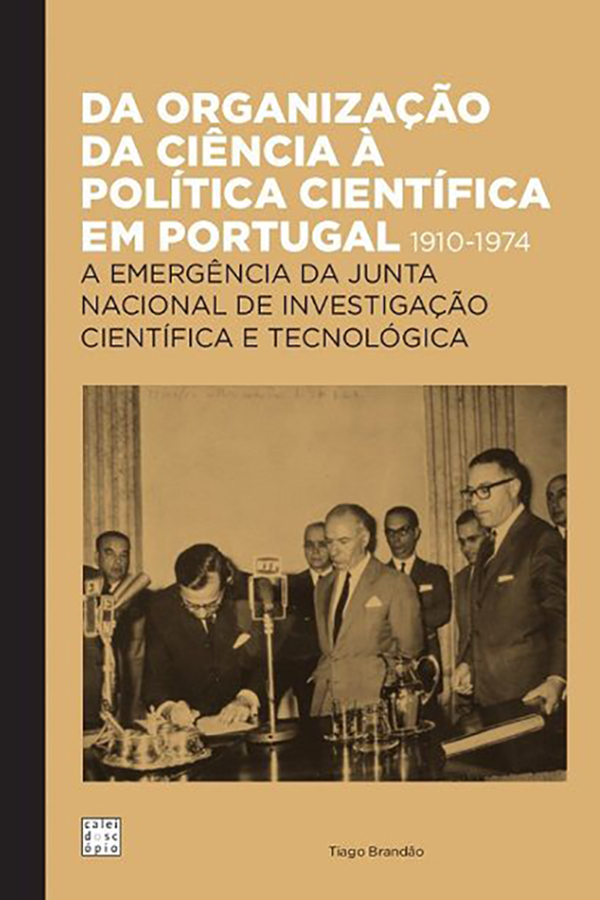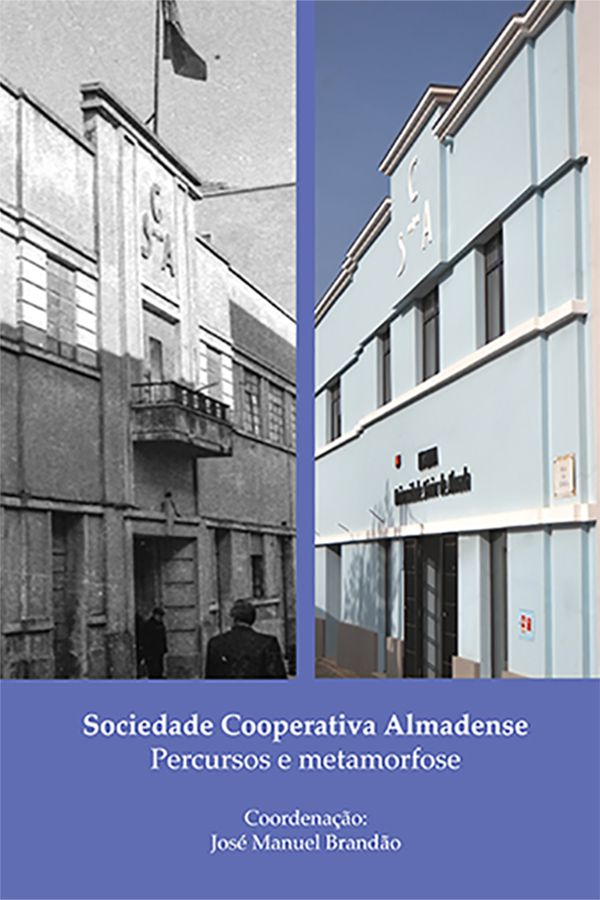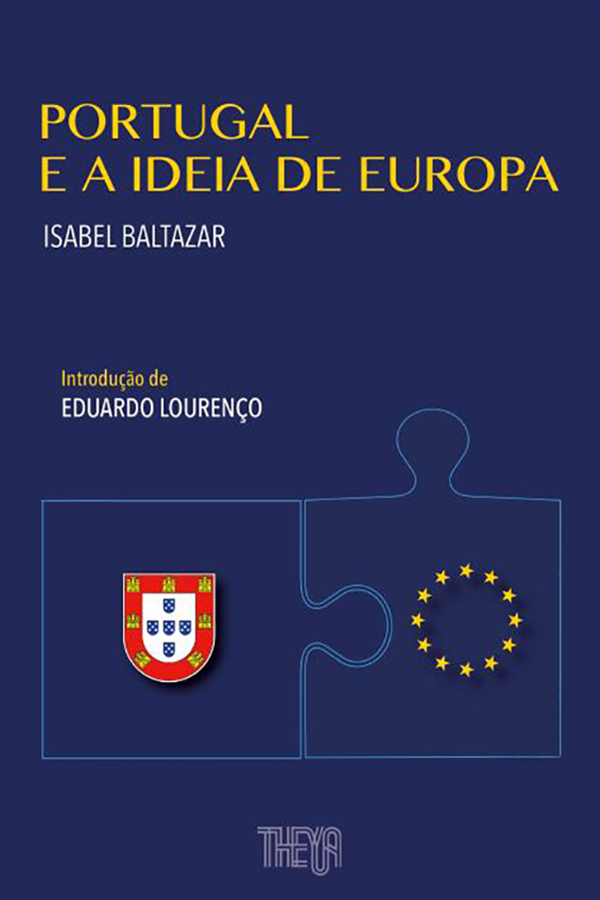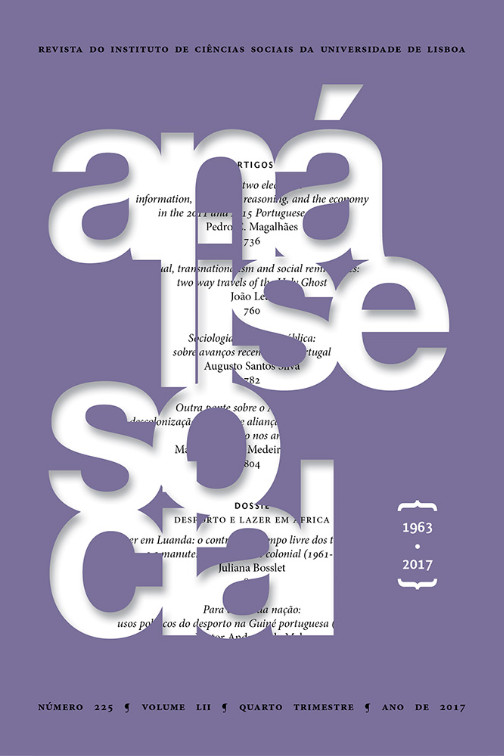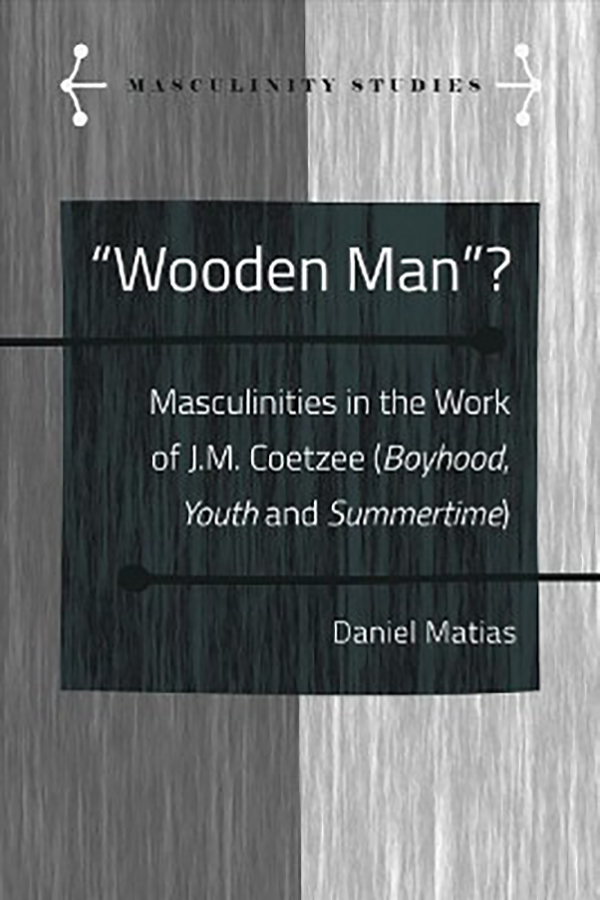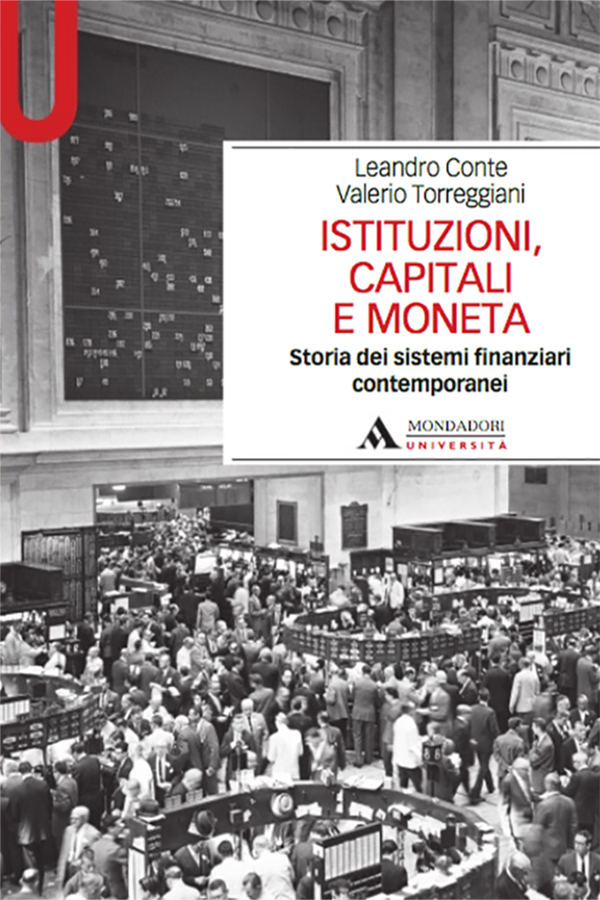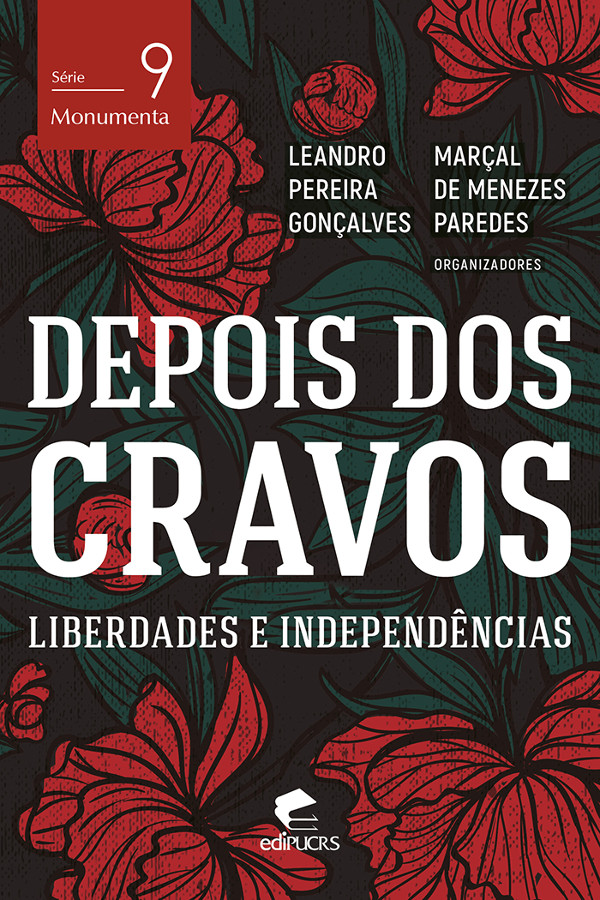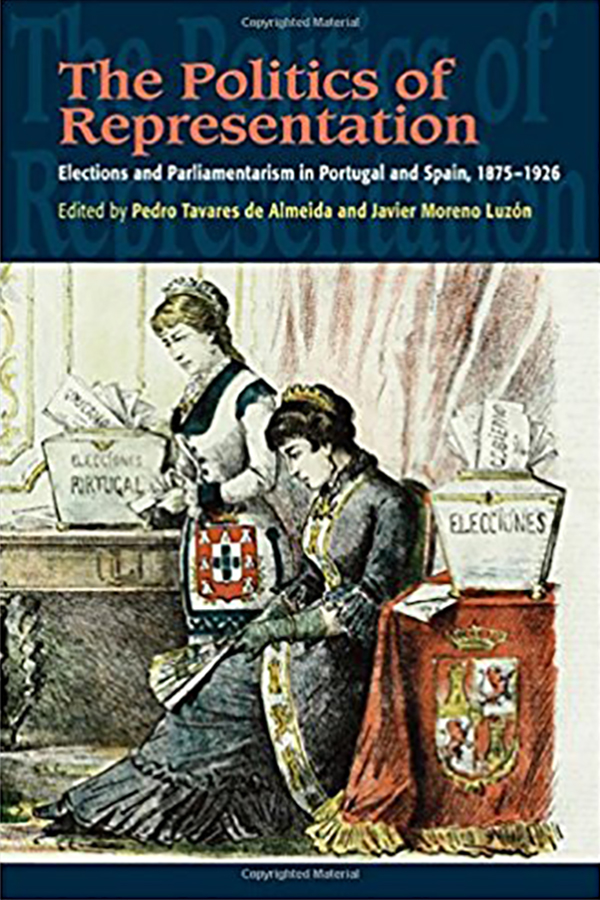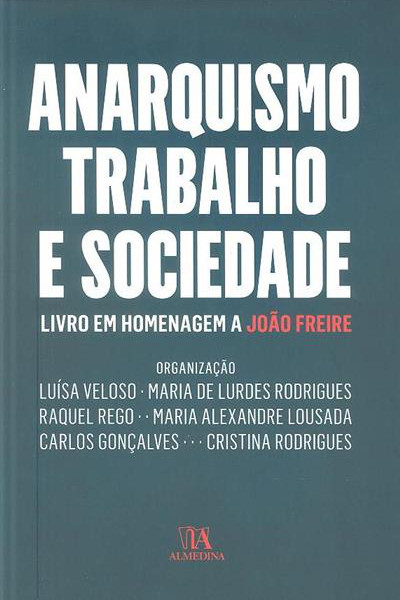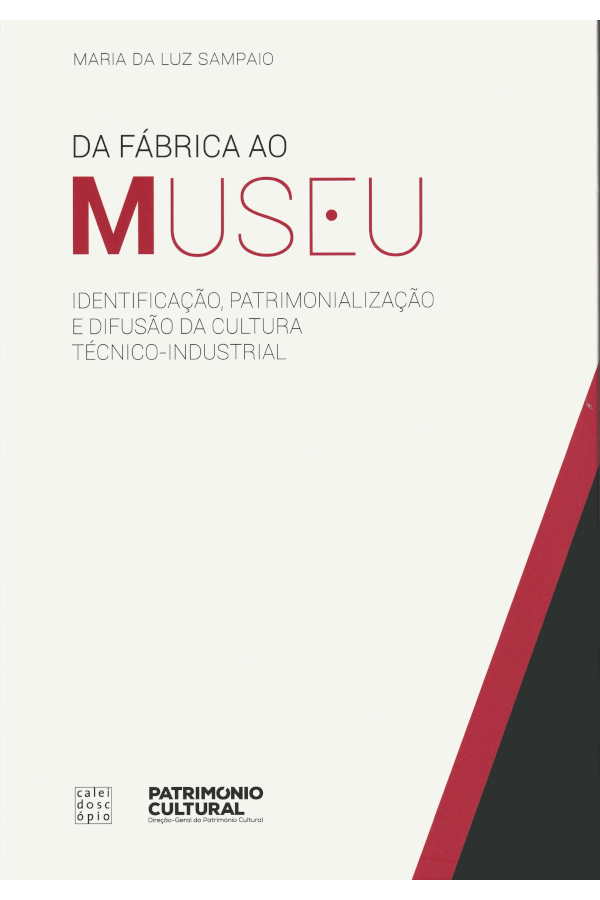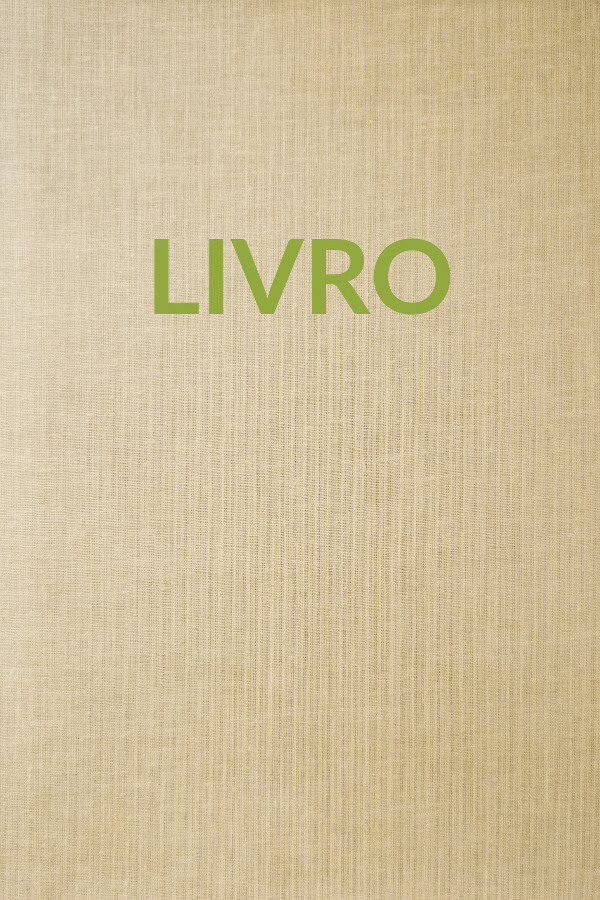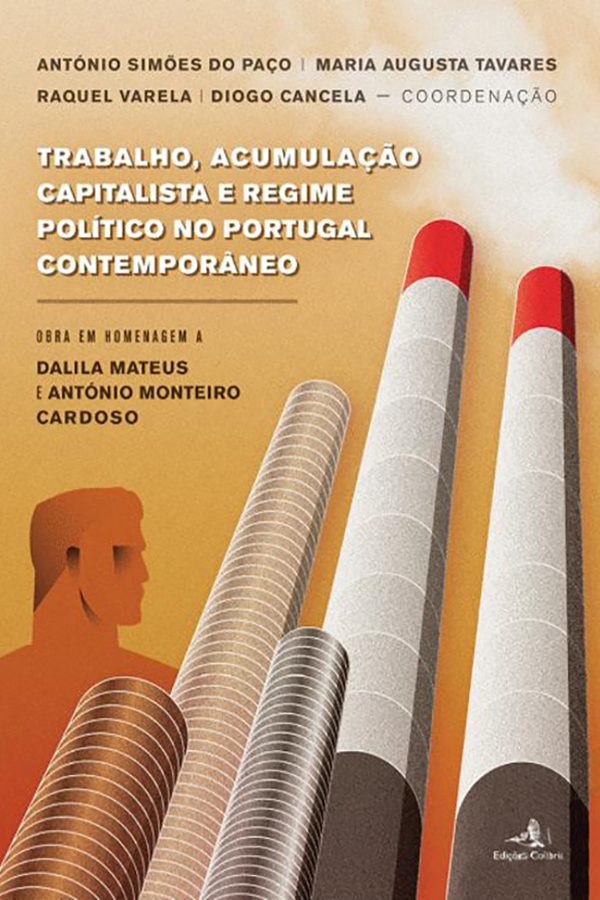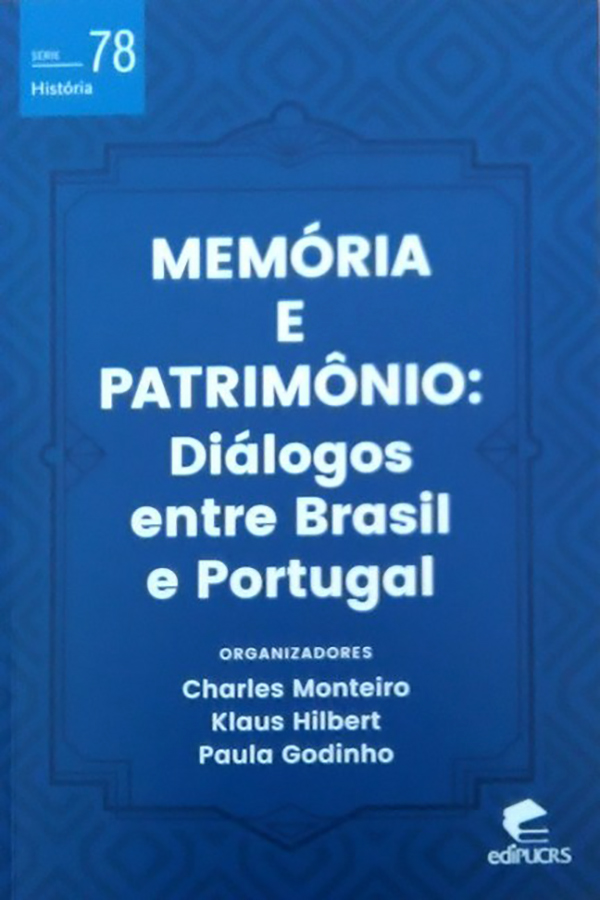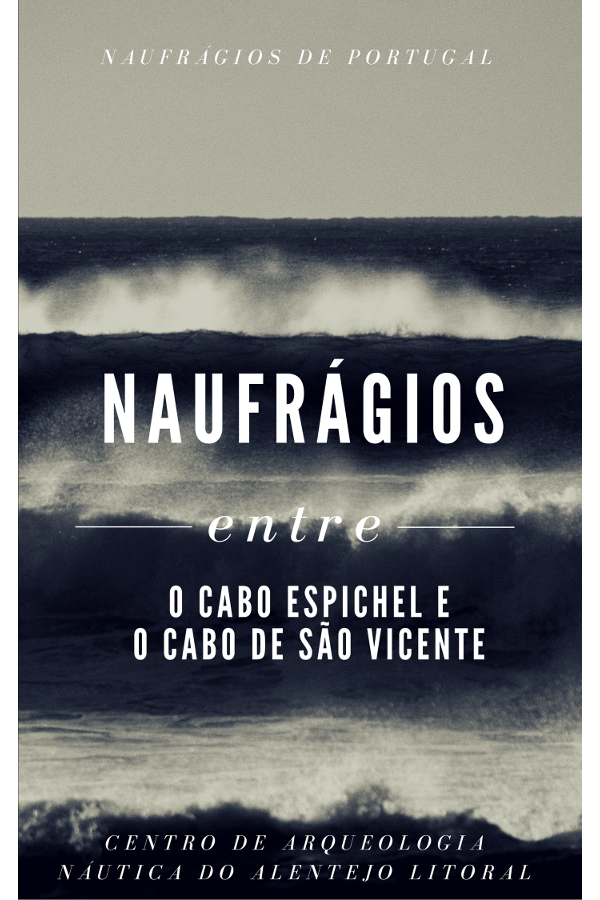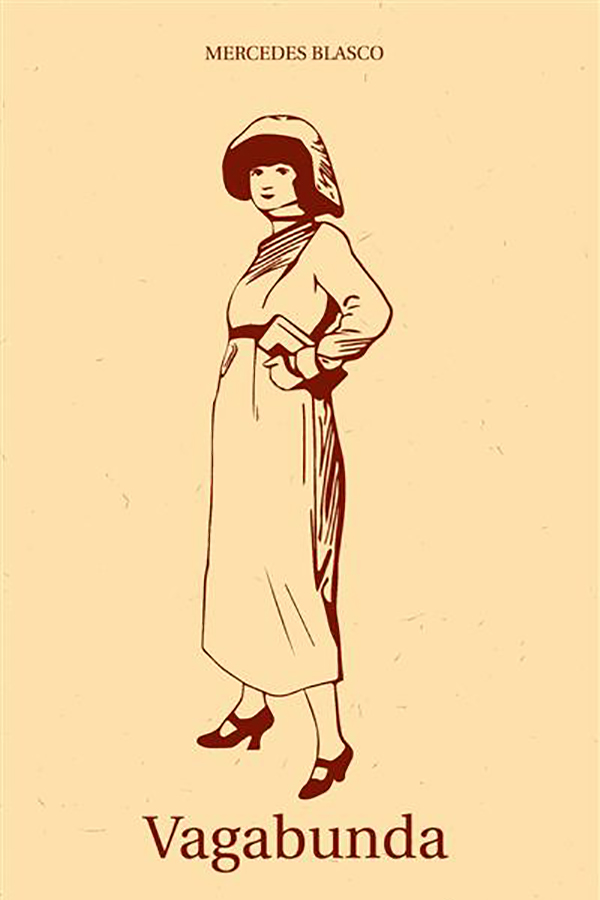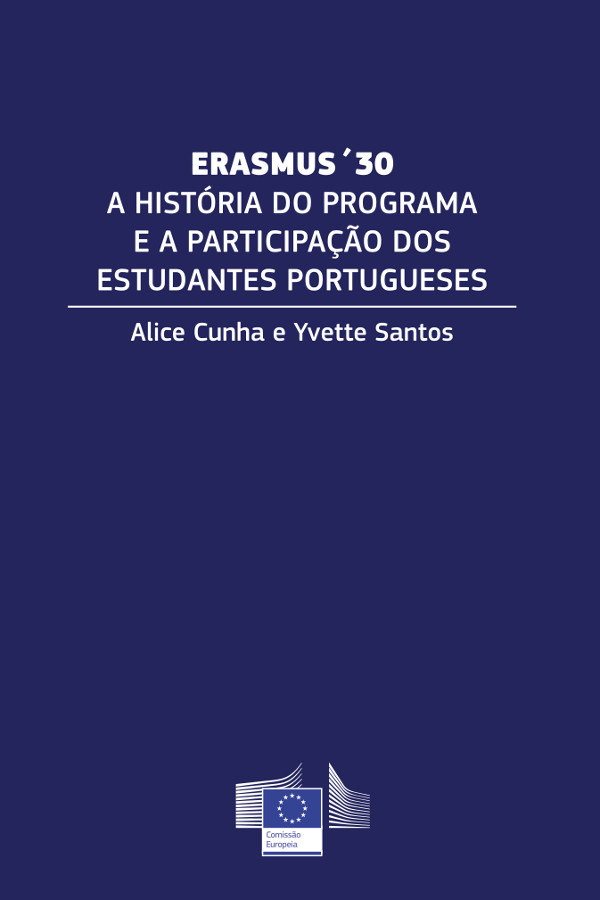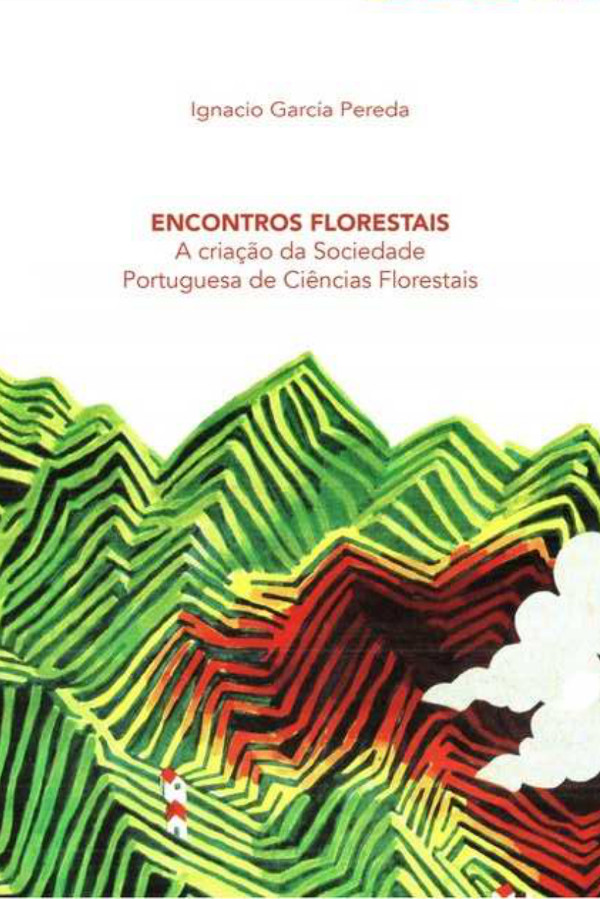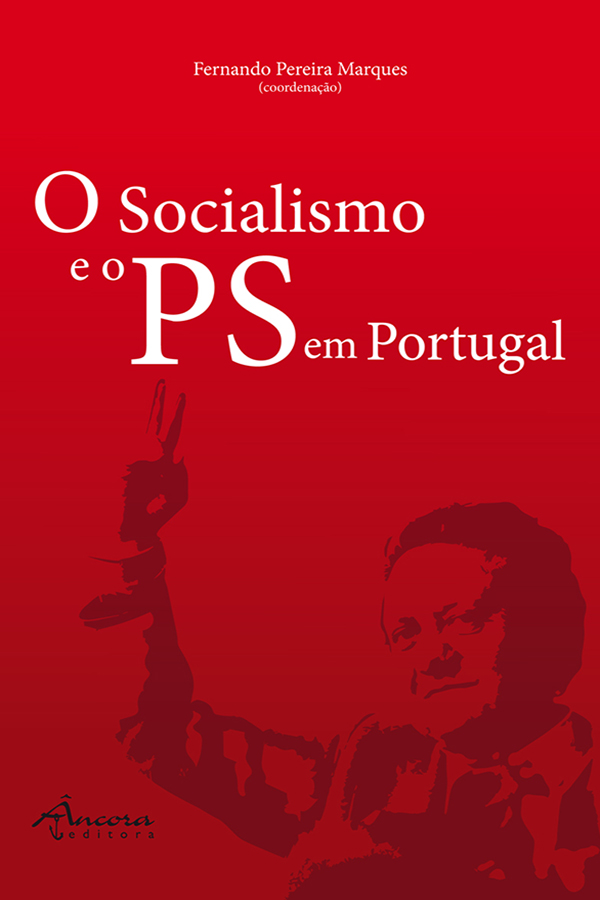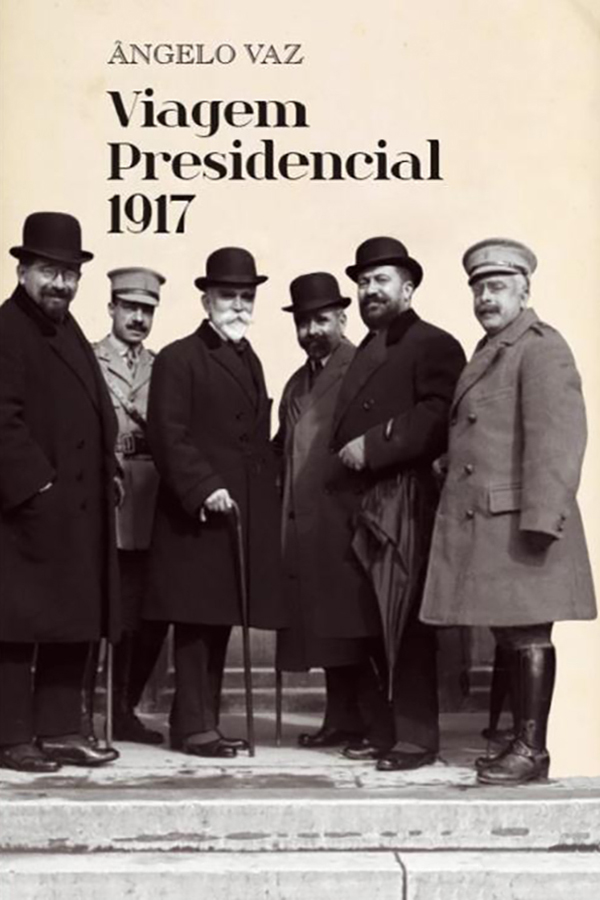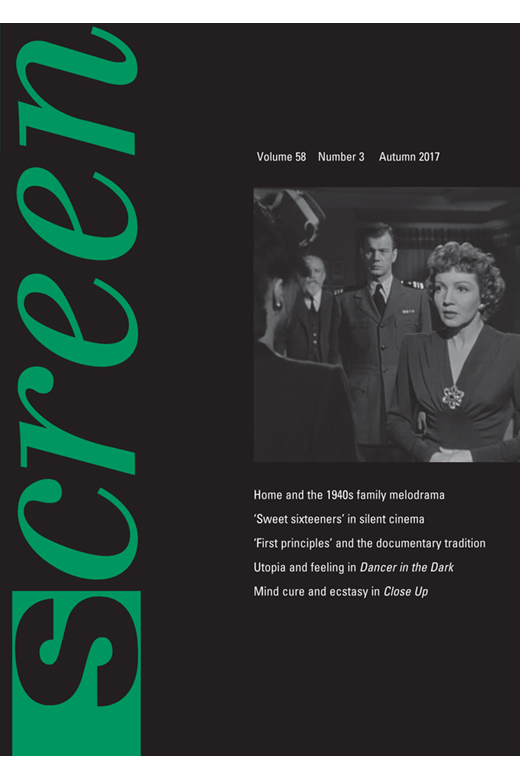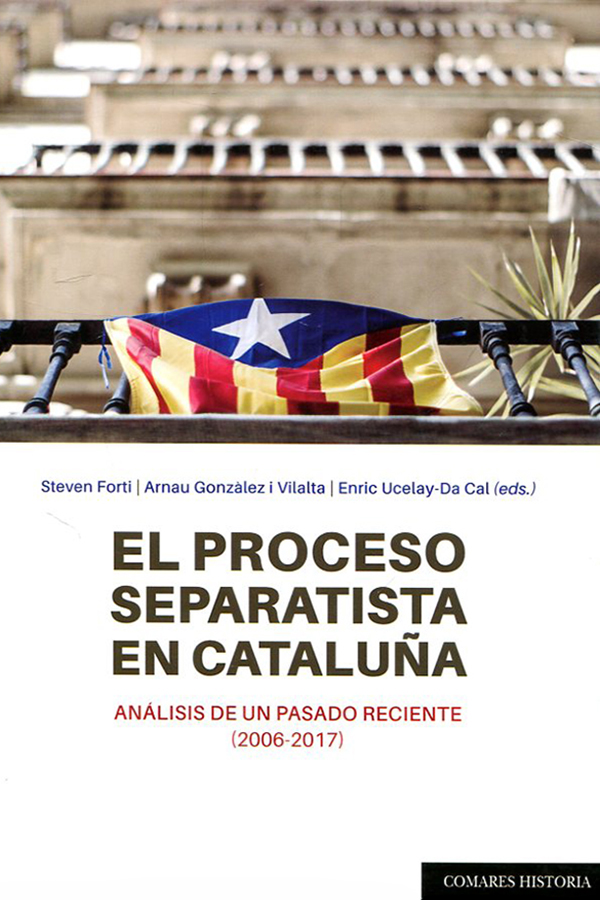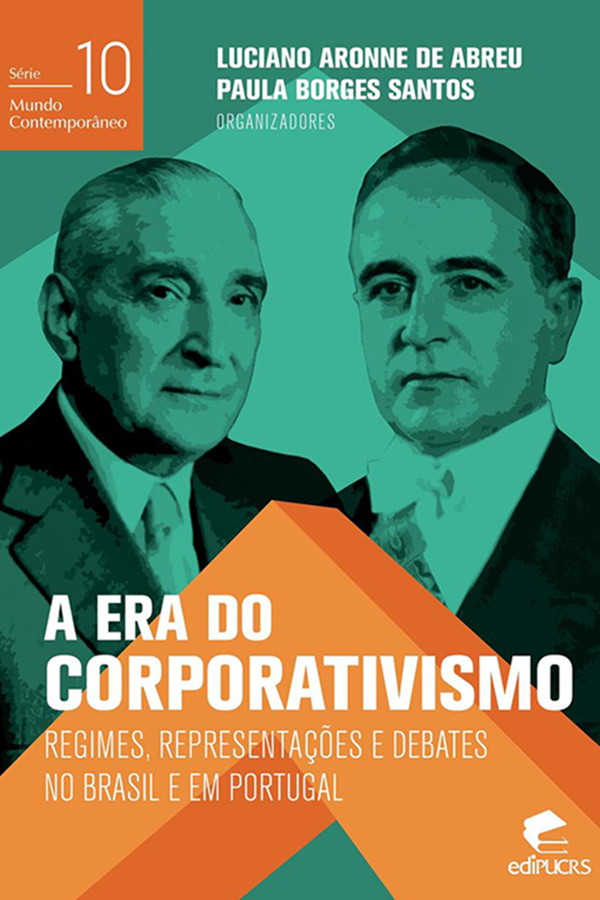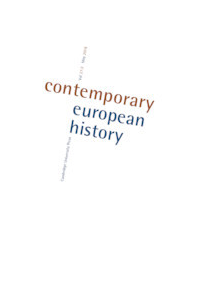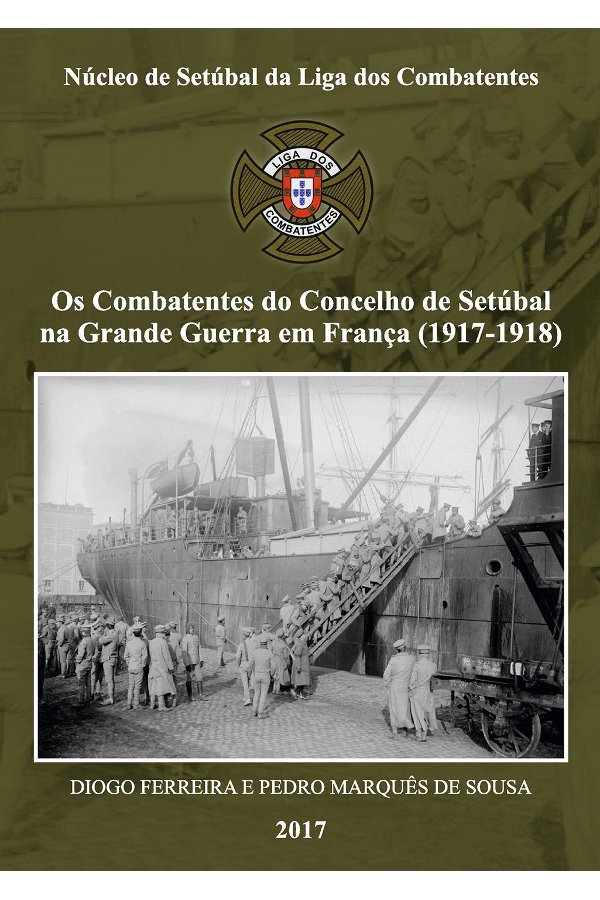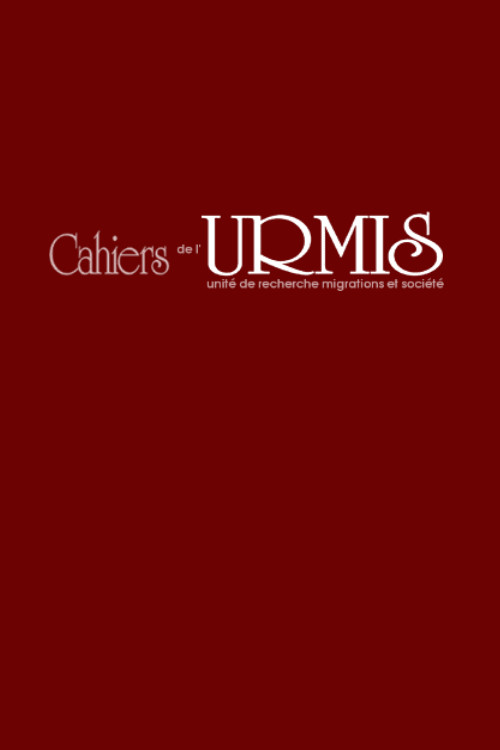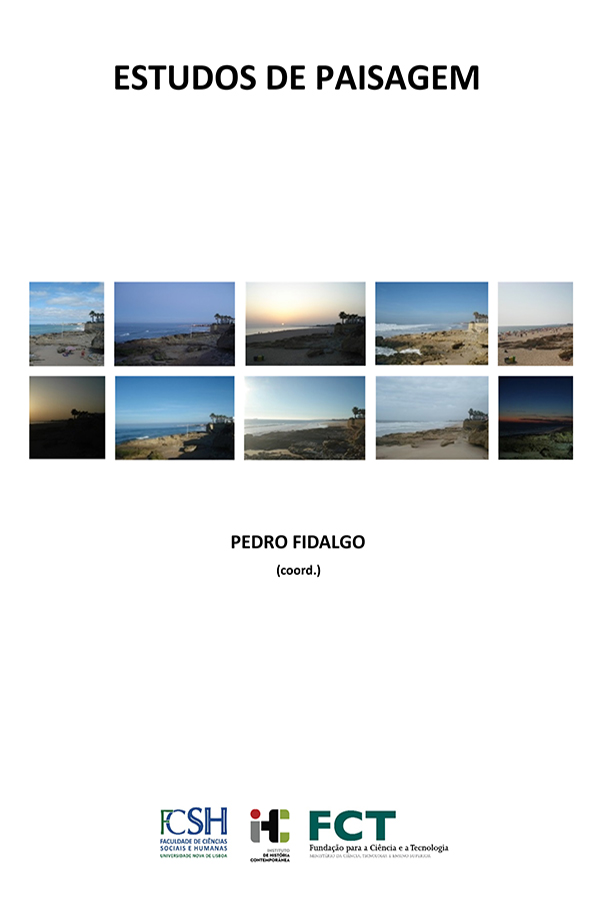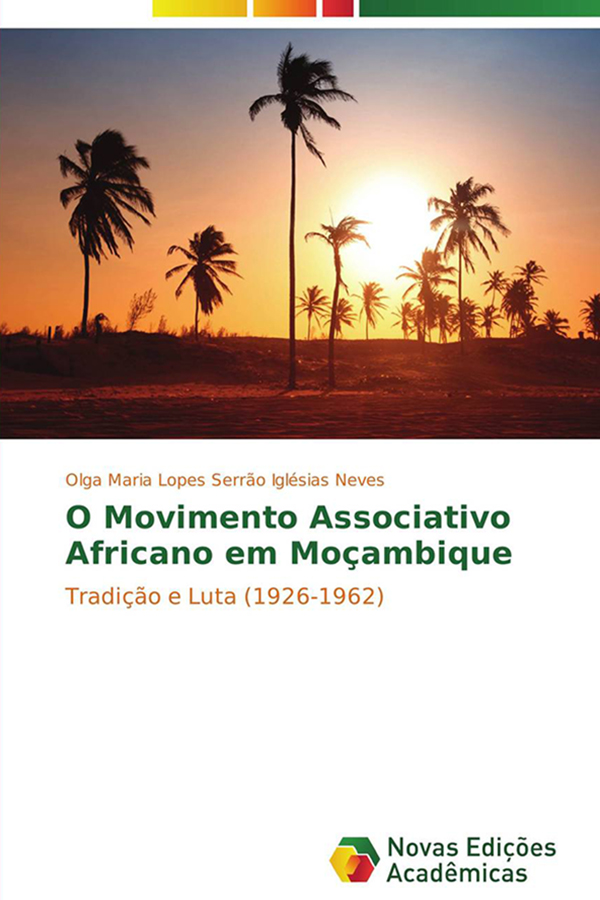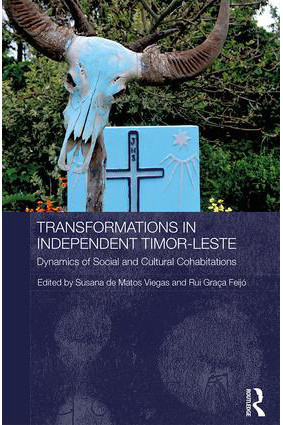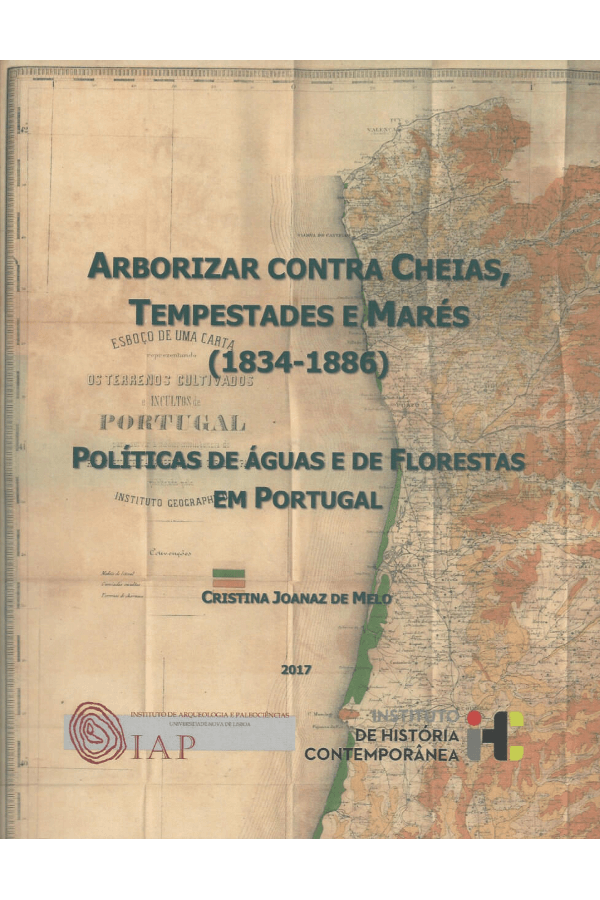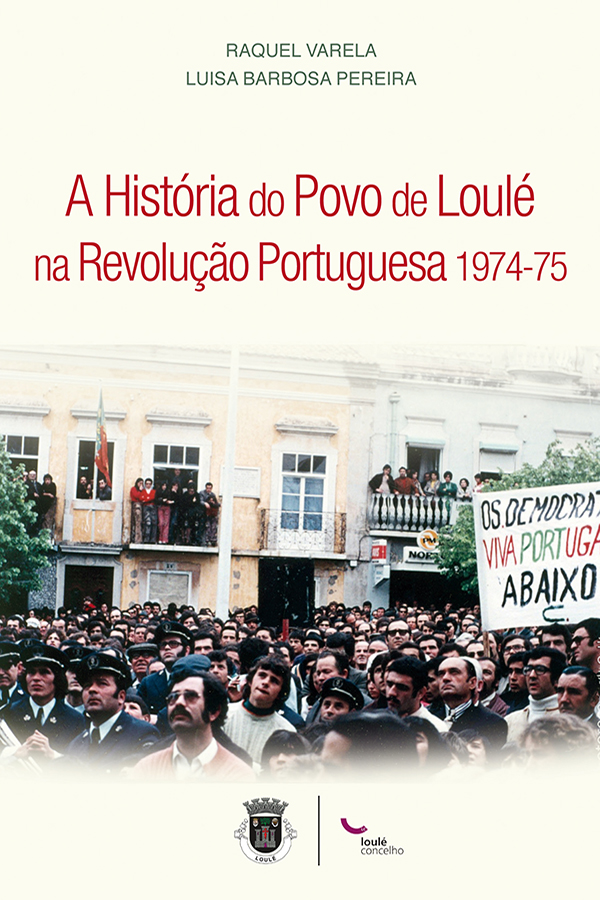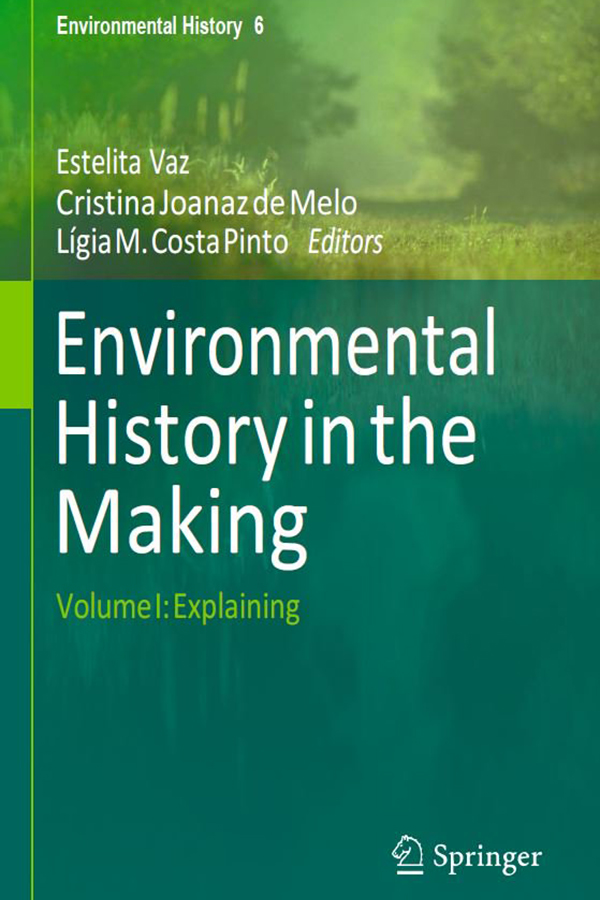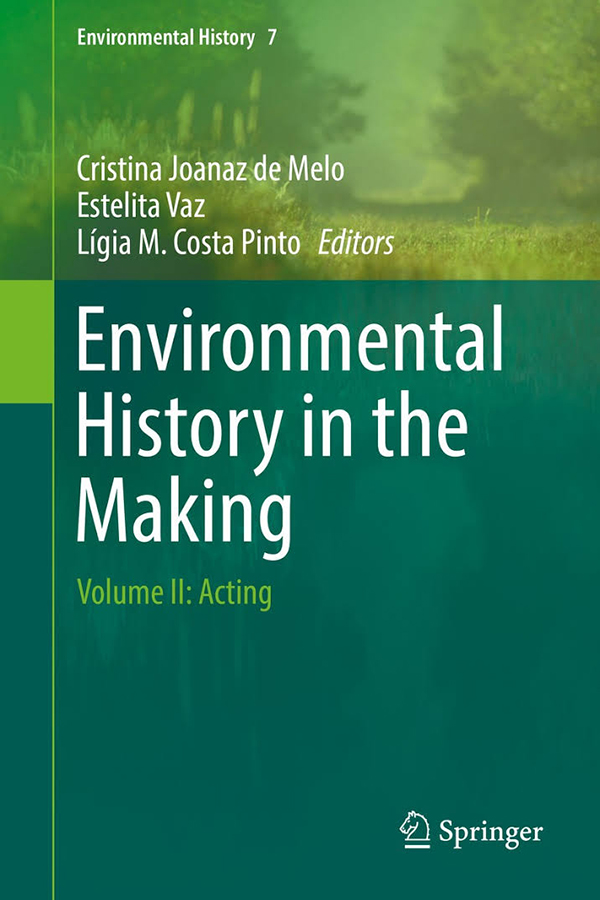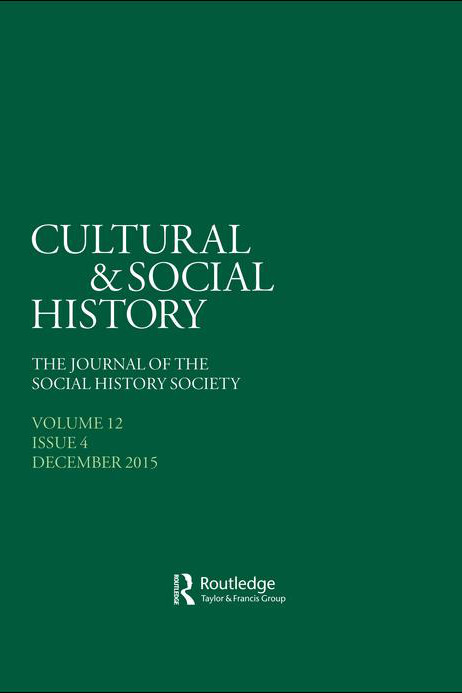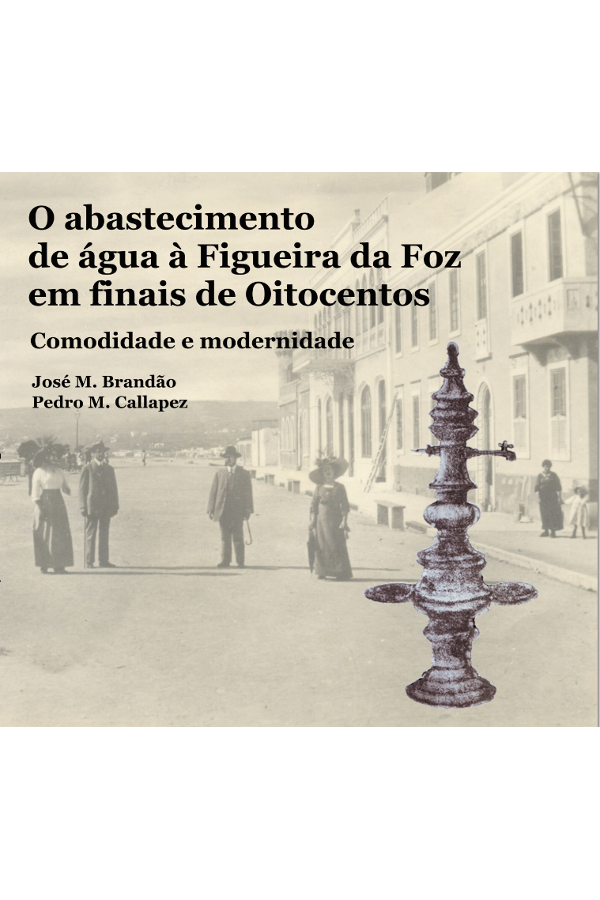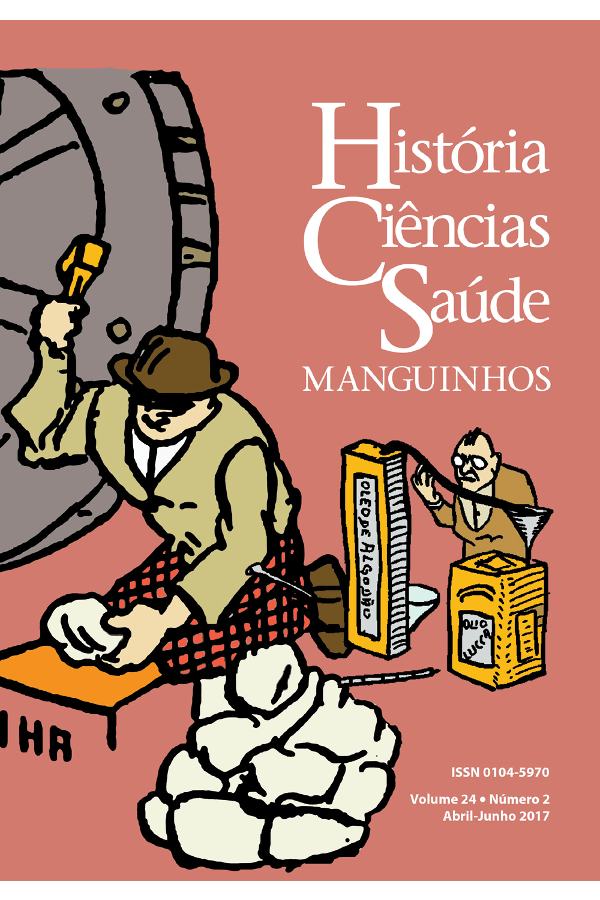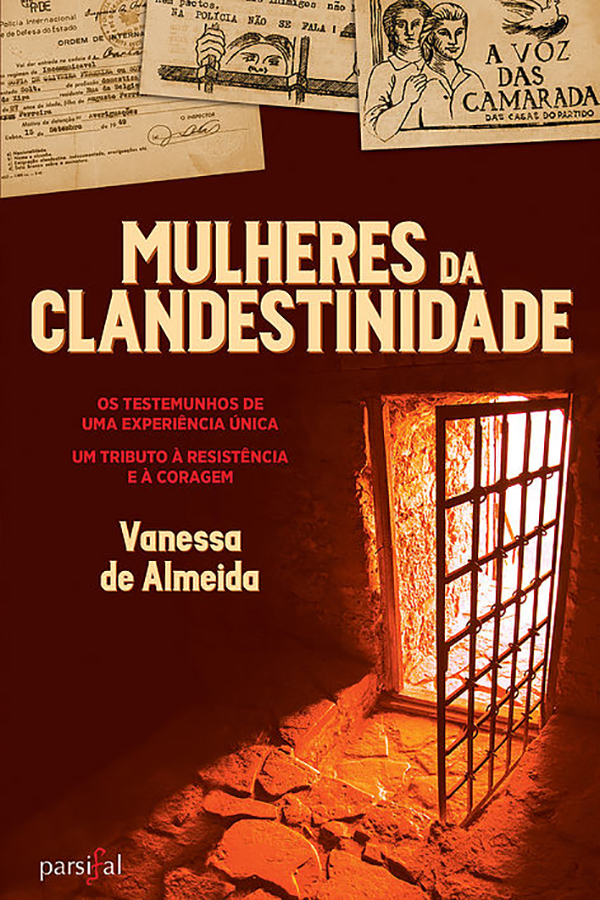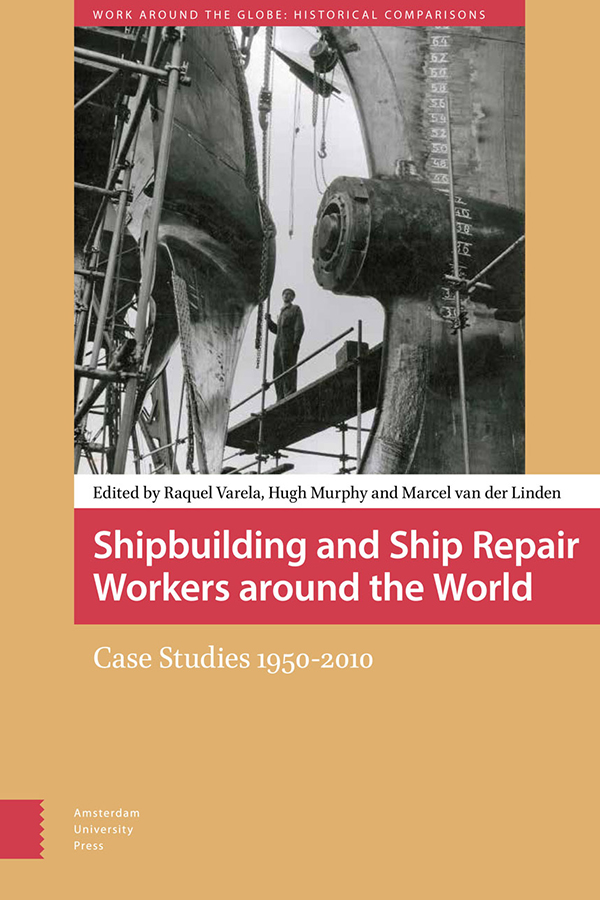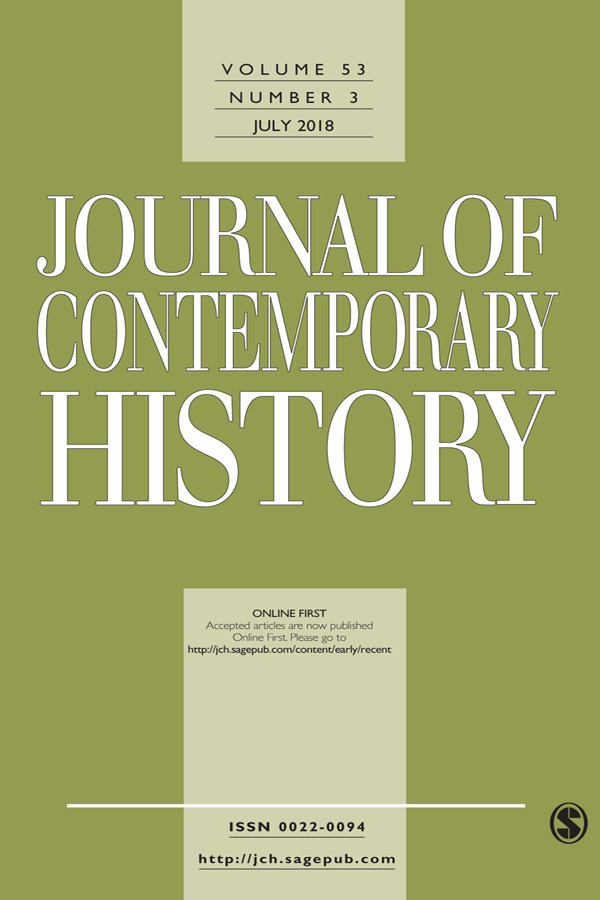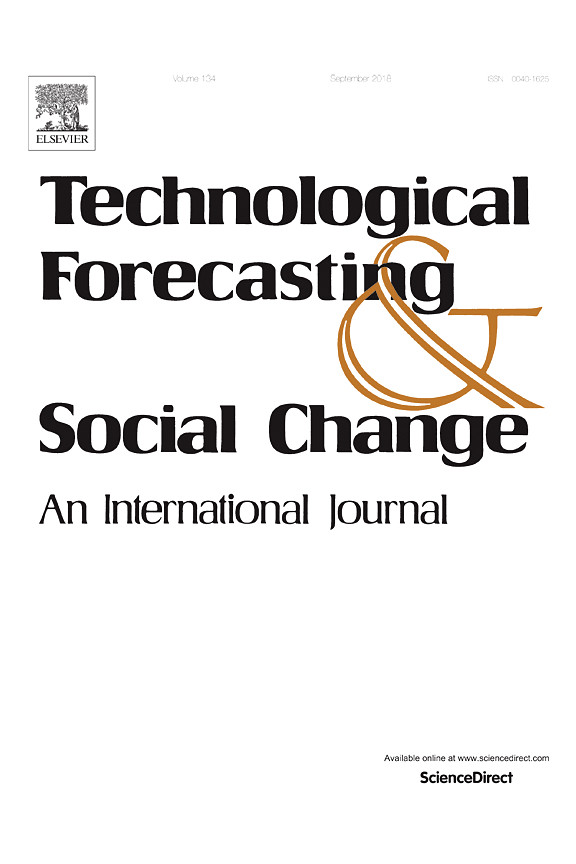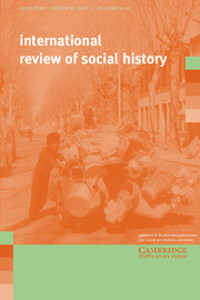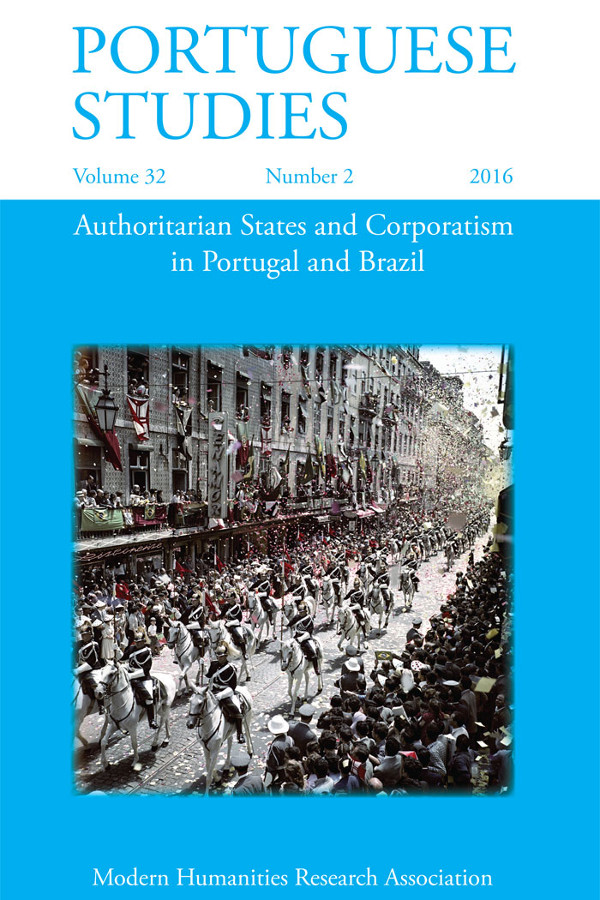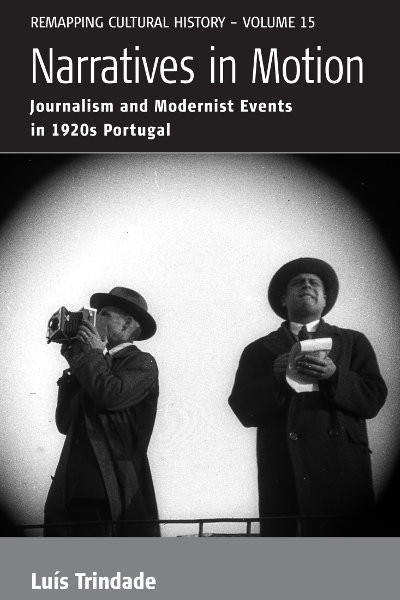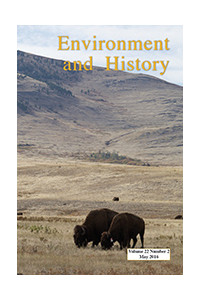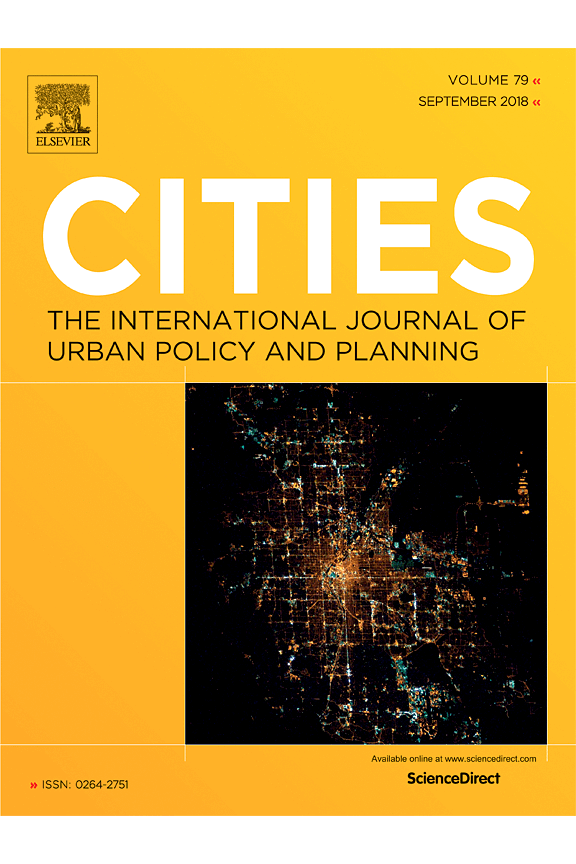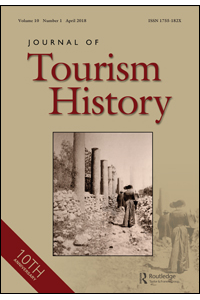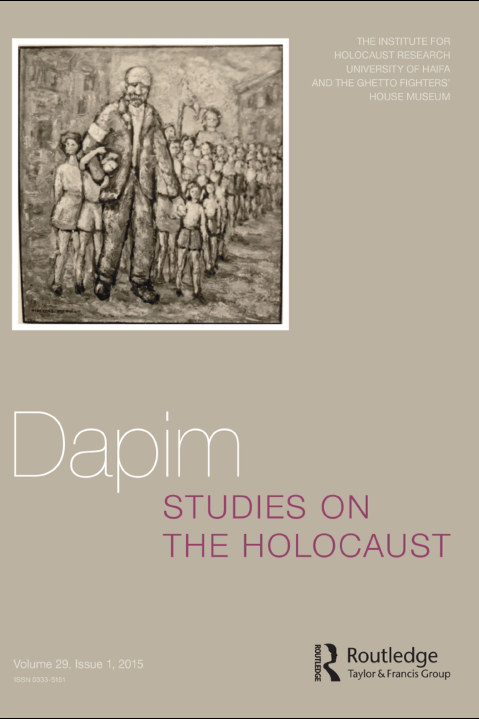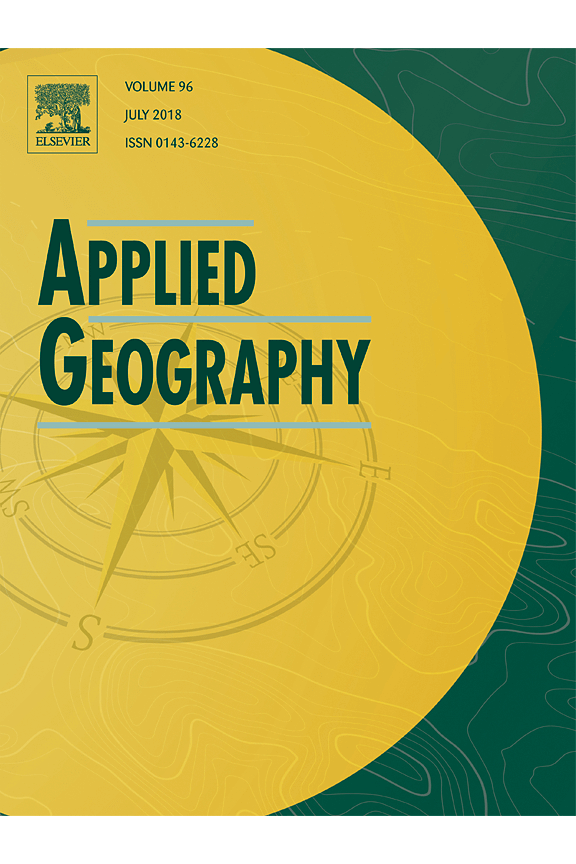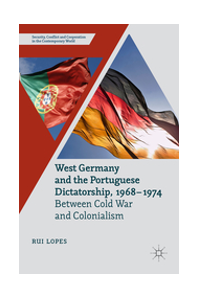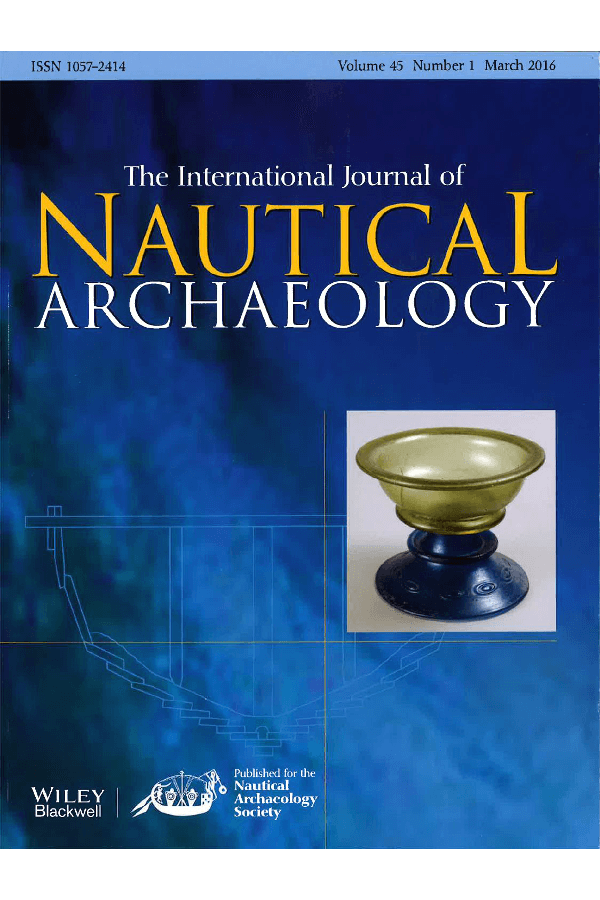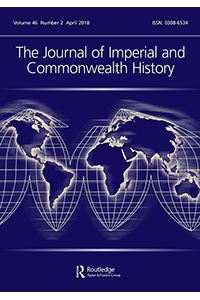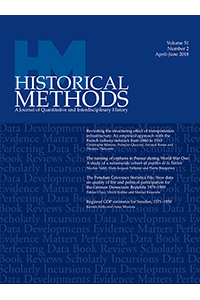
Alien Plant Species
Jan 29, 2019 | Capítulos, Publicações

Alien Plant Species: Environmental Risks in Agricultural and Agro-Forest Landscapes Under Climate Change
- Joana R. Vicente, Ana Sofia Vaz, Ana Isabel Queiroz, Ana R. Buchadas, Antoine Guisan, Christoph Kueffer, Elizabete Marchante, Hélia Marchante, João A. Cabral, Maike Nesper, Olivier Broennimann, Oscar Godoy, Paulo Alves, Pilar Castro-Díez, Renato Henriques & João P. Honrado
- Climate Change-Resilient Agriculture and Agroforestry
- Paula Castro, Anabela Marisa Azul, Walter Leal Filho & Ulisses M. Azeiteiro (Eds.)
- 2019
- Basel: Springer
- Idioma: Inglês
- ISBN: 978-3-319-75003-3 / 978-3-319-75004-0 (online)
- DOI: https://doi.org/10.1007/978-3-319-75004-0_13
- 215-234 p.
Alien plant species have been essential for farming and agro-forestry systems and for their supply of food, fiber, tannins, resins or wood from antiquity to the present. They also contributed to supporting functions and regulating services (water, soil, biodiversity) and to the design of landscapes with high cultural and scenic value. Some of those species were intentionally introduced, others arrived accidentally, and a small proportion escaped, naturalized and became invasive in natural ecosystems—these are known as invasive alien species (IAS). Here, invasive means that these species have some significant negative impact, either by spreading from human-controlled environments (e.g. fields, gardens) to natural ecosystems, where they can cause problems to native species, or to other production systems or urban areas, impacting on agricultural, forestry activities or human health. Socio-environmental impacts associated with plant invasions have been increasingly recognized worldwide and are expected to increase considerably under changing climate or land use. Early detection tools are key to anticipate IAS and to prevent and control their impacts. In this chapter, we focus on crop and non-crop alien plant species for which there is evidence or prediction of invasive behaviour and impacts. We provide insights on their history, patterns, risks, early detection, forecasting and management under climate change. Specifically, we start by providing a general overview on the history of alien plant species in agricultural and agroforestry systems worldwide (Sect. 1). Then, we assess patterns, risks and impacts resulting from alien plants originally cultivated and that became invasive outside cultivation areas (Sect. 2). Afterwards, we provide several considerations for managing the spread of invasive plant species in the landscape (Sect. 3). Finally, we discuss challenges of alien plant invasions for agricultural and agroforest systems, in the light of climate change (Sect. 4).
Sobre o livro:
This book collects wide-ranging contributions such as case studies, reviews, reports on technological developments, outputs of research/studies, and examples of successful projects, presenting current knowledge and raising awareness to help the agriculture and forestry sectors find solutions for mitigating climate variability and adapting to change. It brings the topic of ecosystem services closer to education and learning, as targeted by the Framework Convention on Climate Change and the Paris Agreement, the 2030 Agenda for Sustainable Development and the EU Biodiversity Strategy to 2020. Climate change and its impacts on agriculture and agroforestry have been observed across the world during the last 50 years. Increasing temperatures, droughts, biotic stresses and the impacts of extreme events have continuously decreased agroforestry systems’ resilience to the effects of climate change. As such, there is a need to adapt farming and agroforestry systems so as to make them better able to handle ever-changing climate conditions, and to preserve habitats and ecosystems services.
Outras Publicações
Pesquisa
Agenda
março, 2026
Tipologia do Evento:
Todos
Todos
Apresentação
Ciclo
Colóquio
Conferência
Congresso
Curso
Debate
Encontro
Exposição
Inauguração
Jornadas
Lançamento
Mesa-redonda
Mostra
Open calls
Outros
Palestra
Roteiro
Seminário
Sessão de cinema
Simpósio
Workshop
- Event Name
seg
ter
qua
qui
sex
sab
dom
-
-
-
-
-
-
1
2
3
4
5
6
7
8
9
10
11
12
13
14
15
16
17
18
19
20
21
22
23
24
25
26
27
28
29
30
31
Não Existem Eventos
Notícias
VINCULUM — Um fim e um novo começo
Fev 24, 2026
A FCSH acolheu a a sessão de encerramento do projecto VINCULUM
Em Março, Lisboa é a Capital da Intriga Internacional
Fev 21, 2026
Entre 2 e 31 de Março, na Cinemateca Portuguesa
Anita Buhin está em missão de investigação em Itália
Fev 20, 2026
É Investigadora Visitante no CAST da Universidade de Bolonha

































